Off-grid portable water heaters are essential for outdoor enthusiasts and those living in remote areas without access to traditional water heating systems. These compact and versatile devices provide hot water on demand, allowing you to enjoy a warm shower or wash dishes even when you're off the grid. When choosing an off-grid portable water heater, there are several factors to consider, such as portability, fuel source, heating capacity, and ease of use and maintenance. Here are the key takeaways to keep in mind:
Key Takeaways
- Solar water heaters are a sustainable and energy-efficient option for off-grid living.
- Propane water heaters offer a convenient and reliable source of hot water.
- Wood burning water heaters are a cost-effective and environmentally-friendly choice.
- Portability and size are important considerations for easy transportation and storage.
- The fuel source should be readily available and suitable for your specific needs.
Types of Off-Grid Portable Water Heaters
Solar Water Heaters
Solar water heaters are a popular choice for off-grid living due to their reliance on renewable energy. These heaters use sunlight to heat water, making them an environmentally friendly option. They are typically composed of solar panels, a storage tank, and a heat transfer system. The solar panels absorb sunlight and convert it into heat, which is then transferred to the water in the storage tank. One advantage of solar water heaters is their ability to provide hot water even on cloudy days, although the heating capacity may be reduced.
| Pros | Cons |
|---|---|
| Environmentally friendly | Initial installation cost |
| Renewable energy source | Dependence on sunlight |
| Cost savings in the long run | Limited heating capacity |
Tip: To maximize the efficiency of a solar water heater, ensure that the solar panels are positioned to receive the most sunlight throughout the day.
Propane Water Heaters
Propane water heaters are a popular choice for off-grid living due to their efficiency and convenience. These water heaters are powered by propane gas, which provides a reliable and consistent source of heat. Propane is a clean-burning fuel that produces fewer emissions compared to other fossil fuels, making it an environmentally friendly option.
One advantage of propane water heaters is their portability and compact size. They are designed to be lightweight and easy to transport, making them ideal for camping trips or remote locations. Portability is a key factor to consider when choosing an off-grid portable water heater, as it allows for flexibility and convenience.
When selecting a propane water heater, it's important to consider the heating capacity. The heating capacity determines how much hot water the heater can produce in a given time. This is especially crucial for larger households or situations where multiple people need hot water simultaneously.
Another important factor to consider is the ease of use and maintenance . Propane water heaters should be user-friendly and require minimal maintenance. Look for features such as adjustable temperature settings and easy access to components for cleaning and repairs.
In summary, propane water heaters offer efficient and convenient hot water solutions for off-grid living. Their portability, heating capacity, and ease of use make them a popular choice among outdoor enthusiasts and those seeking self-sufficiency.
Wood Burning Water Heaters
Wood burning water heaters are a popular choice for off-grid enthusiasts due to their reliance on a renewable and widely available fuel source. These heaters are designed to efficiently heat water using wood as the primary fuel. They are typically compact and portable, making them ideal for camping or remote locations.
One advantage of wood burning water heaters is their versatility. They can be used in various settings, including cabins, RVs, and tiny homes. Additionally, they can provide hot water for multiple purposes, such as showering, cooking, and cleaning.
However , it's important to consider a few factors before choosing a wood burning water heater:
- Fuel Efficiency : Some wood burning water heaters are more efficient than others, meaning they require less wood to produce the same amount of hot water.
- Installation : Proper installation is crucial to ensure safe and effective operation. It's recommended to consult a professional or follow the manufacturer's guidelines.
- Maintenance : Wood burning water heaters require regular maintenance, including cleaning the chimney and removing ash.
Overall, wood burning water heaters offer a sustainable and practical solution for off-grid water heating. With the right considerations and proper maintenance, they can provide reliable hot water in remote locations.
Factors to Consider When Choosing an Off-Grid Portable Water Heater
Portability and Size
When choosing an off-grid portable water heater, one important factor to consider is portability and size . Since these water heaters are designed for use in remote locations, it is crucial that they are lightweight and compact. This allows for easy transportation and storage, making them ideal for camping trips, RV adventures, or off-grid living.
Additionally, the size of the water heater should be suitable for your specific needs. If you are only using it for personal use, a smaller unit may be sufficient. However, if you need to provide hot water for a larger group of people, a larger capacity heater would be more appropriate.
To help you make an informed decision, here is a table comparing the portability and size of different off-grid portable water heaters:
| Water Heater Model | Weight (lbs) | Dimensions (inches) |
|---|---|---|
| Model A | 10 | 12 x 8 x 6 |
| Model B | 15 | 14 x 10 x 7 |
| Model C | 8 | 10 x 6 x 4 |
Remember, when considering portability and size, it's important to find the right balance between convenience and capacity.
Tip: If you plan on frequently moving your water heater or have limited storage space, opt for a lightweight and compact model.
Fuel Source
When choosing an off-grid portable water heater, one of the key factors to consider is the fuel source . The fuel source determines how the water heater will be powered and what resources you will need to operate it.
There are several options available for off-grid portable water heaters:
-
Propane Water Heaters : These water heaters are powered by propane gas, which is a convenient and readily available fuel source. Propane water heaters are known for their efficiency and quick heating capabilities.
-
Wood Burning Water Heaters : If you prefer a more traditional and sustainable option, wood burning water heaters are a great choice. These heaters use wood as fuel, making them ideal for off-grid locations with access to firewood.
-
Solar Water Heaters : For those looking for an environmentally friendly option, solar water heaters are a popular choice. These heaters use the energy from the sun to heat the water, reducing reliance on other fuel sources.
When deciding on the fuel source for your off-grid portable water heater, consider factors such as availability, cost, and environmental impact. It's important to choose a fuel source that aligns with your needs and values.
Heating Capacity
When choosing an off-grid portable water heater, heating capacity is an important factor to consider. Heating capacity refers to the amount of water that the heater can heat up within a given time frame. It is typically measured in gallons per minute (GPM) or British thermal units (BTUs). The heating capacity you need will depend on your specific needs and usage.
If you have a small water demand, such as for camping or outdoor showers, a water heater with a lower heating capacity may be sufficient. However, if you have a larger water demand, such as for multiple people or larger tasks like dishwashing, you will need a water heater with a higher heating capacity.
To determine the appropriate heating capacity for your needs, consider the number of people using the water heater, the tasks you will be using hot water for, and the climate conditions. It's important to choose a water heater with a heating capacity that can meet your requirements to ensure a consistent supply of hot water.
Ease of Use and Maintenance
When considering the ease of use and maintenance of off-grid portable water heaters, one important factor to consider is the type of water heater you choose. Different types of water heaters have different maintenance requirements and levels of user-friendliness. For example, tankless water heaters are known for their convenience and ease of use . They provide hot water on demand without the need for a storage tank, which means there is no risk of running out of hot water. Additionally, tankless water heaters are generally low maintenance, requiring only periodic cleaning of the heat exchanger to remove mineral buildup.
Conclusion
In conclusion, off-grid portable water heaters are a practical solution for providing hot water in remote locations. Solar water heaters are an environmentally friendly option that harnesses the power of the sun, while propane water heaters offer convenience and quick heating. Wood burning water heaters provide a sustainable and cost-effective alternative. When choosing an off-grid portable water heater, it is important to consider factors such as portability and size , fuel source , heating capacity , and ease of use and maintenance . By carefully evaluating these factors, individuals can select a water heater that best suits their needs and ensures a comfortable off-grid living experience.
Frequently Asked Questions
1. How do solar water heaters work?
Solar water heaters use sunlight to heat water. They consist of solar collectors that absorb heat from the sun and transfer it to the water storage tank.
2. Are propane water heaters safe to use indoors?
Propane water heaters can be used indoors, but proper ventilation is necessary to prevent the buildup of carbon monoxide. It is recommended to install a carbon monoxide detector when using propane water heaters indoors.
3. Can wood burning water heaters be used in all climates?
Wood burning water heaters can be used in all climates, but they are more commonly used in areas with access to ample wood supply. They require regular maintenance and may not be suitable for areas with strict air pollution regulations.
4. What is the average heating capacity of off-grid portable water heaters?
The heating capacity of off-grid portable water heaters can vary, but most models have a heating capacity ranging from 1,000 to 10,000 BTUs (British Thermal Units) per hour.
5. How often do I need to clean and maintain an off-grid portable water heater?
The frequency of cleaning and maintenance for off-grid portable water heaters depends on the type and usage. It is recommended to refer to the manufacturer's instructions for specific guidelines.
6. Can off-grid portable water heaters be used for showering and bathing?
Yes, off-grid portable water heaters can be used for showering and bathing. However, the heating capacity and water storage capacity should be considered to ensure an adequate supply of hot water.

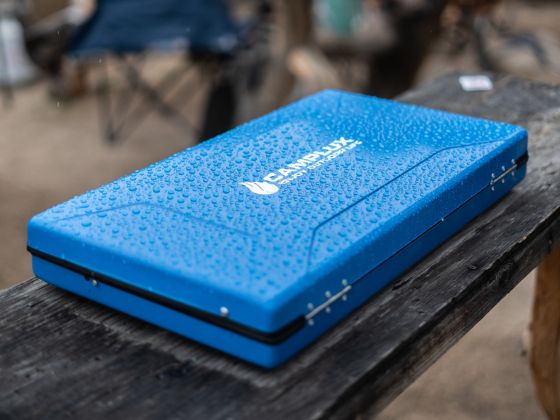
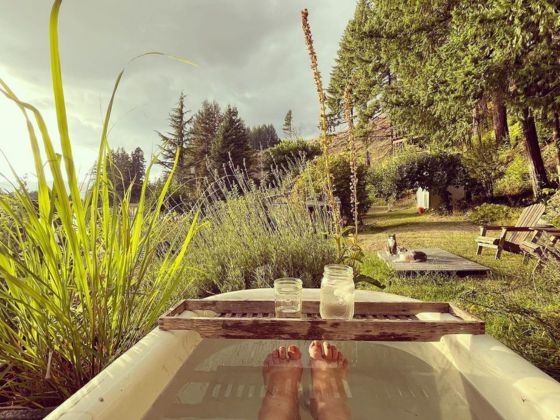
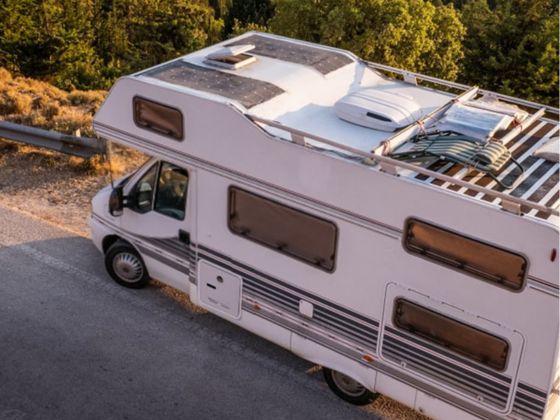
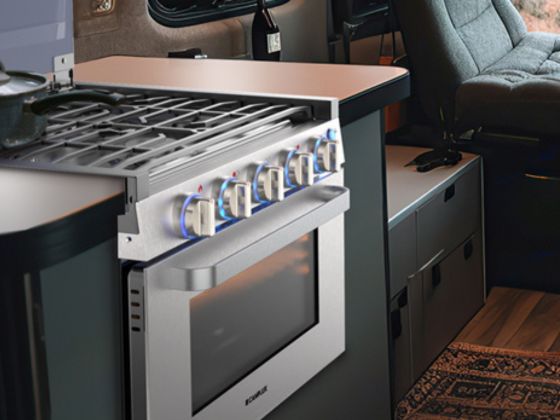
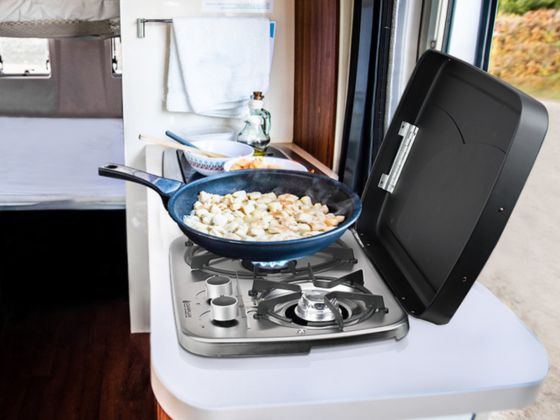
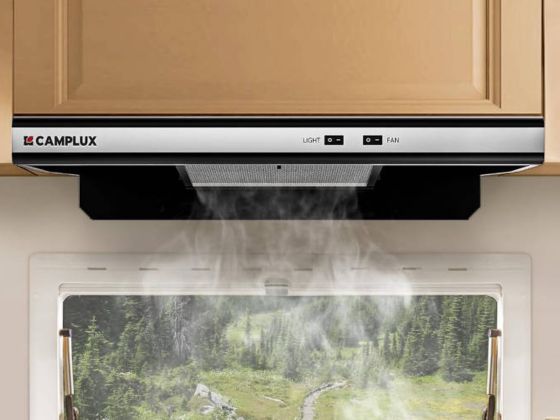
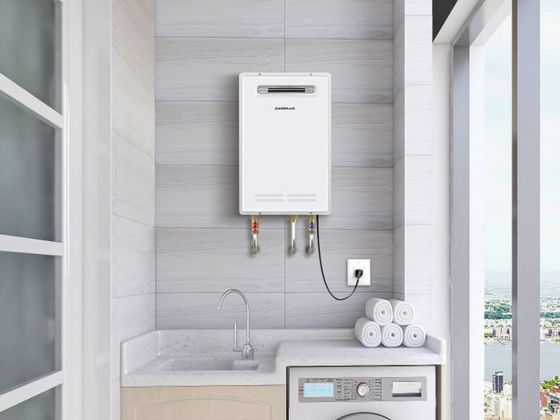
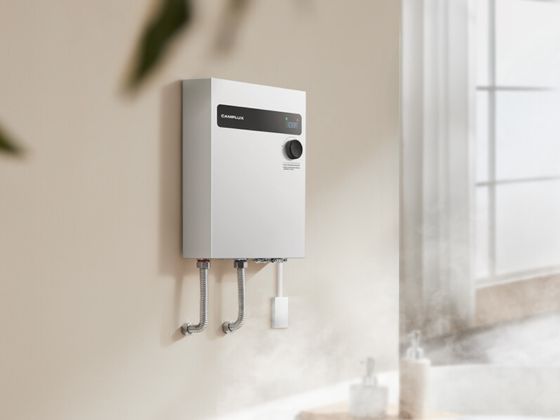
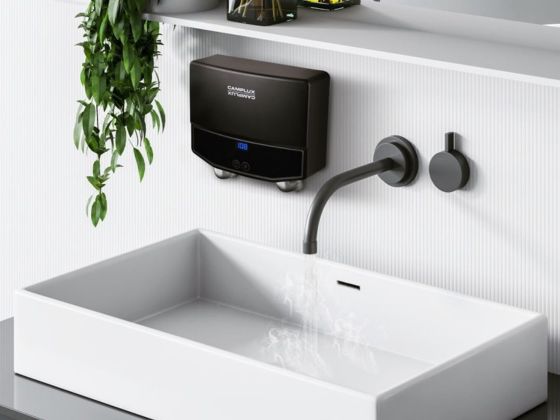




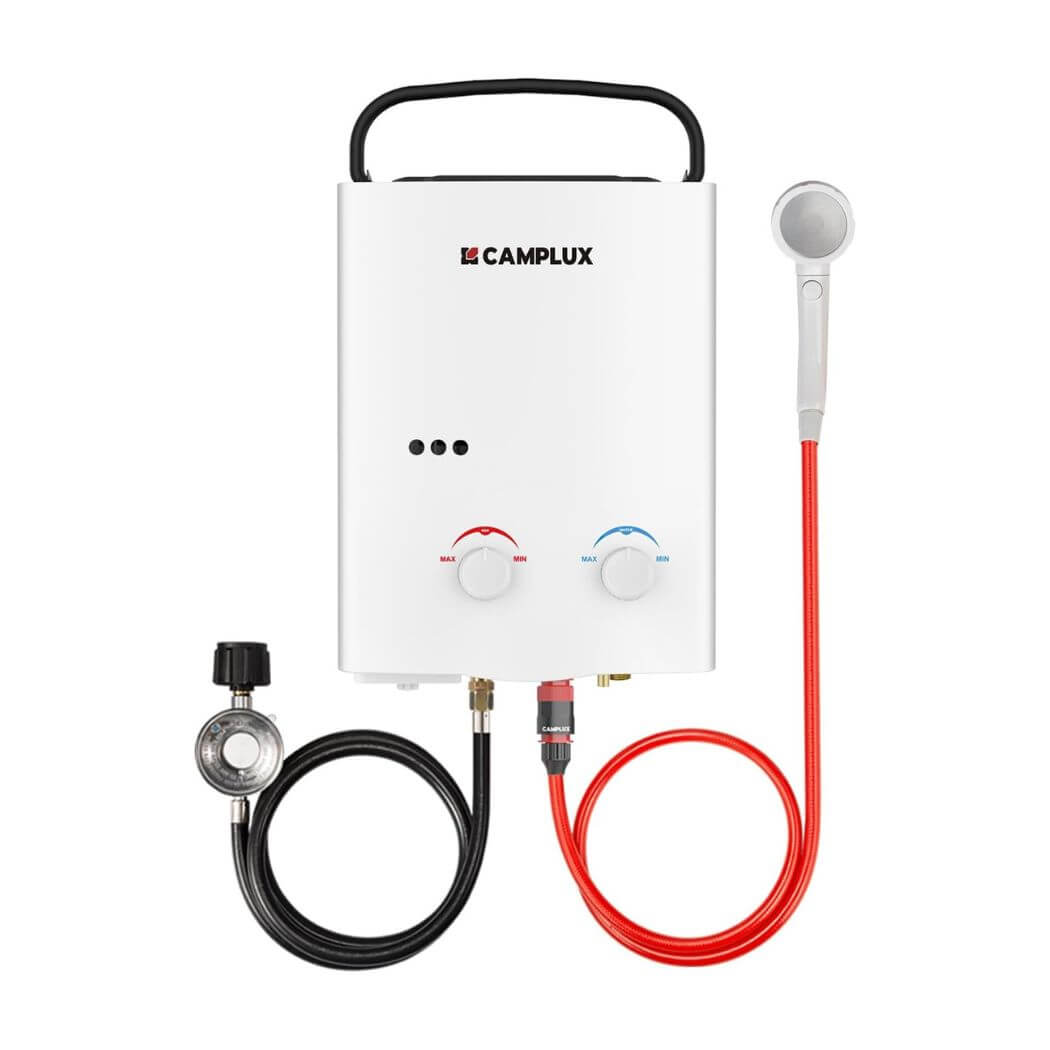
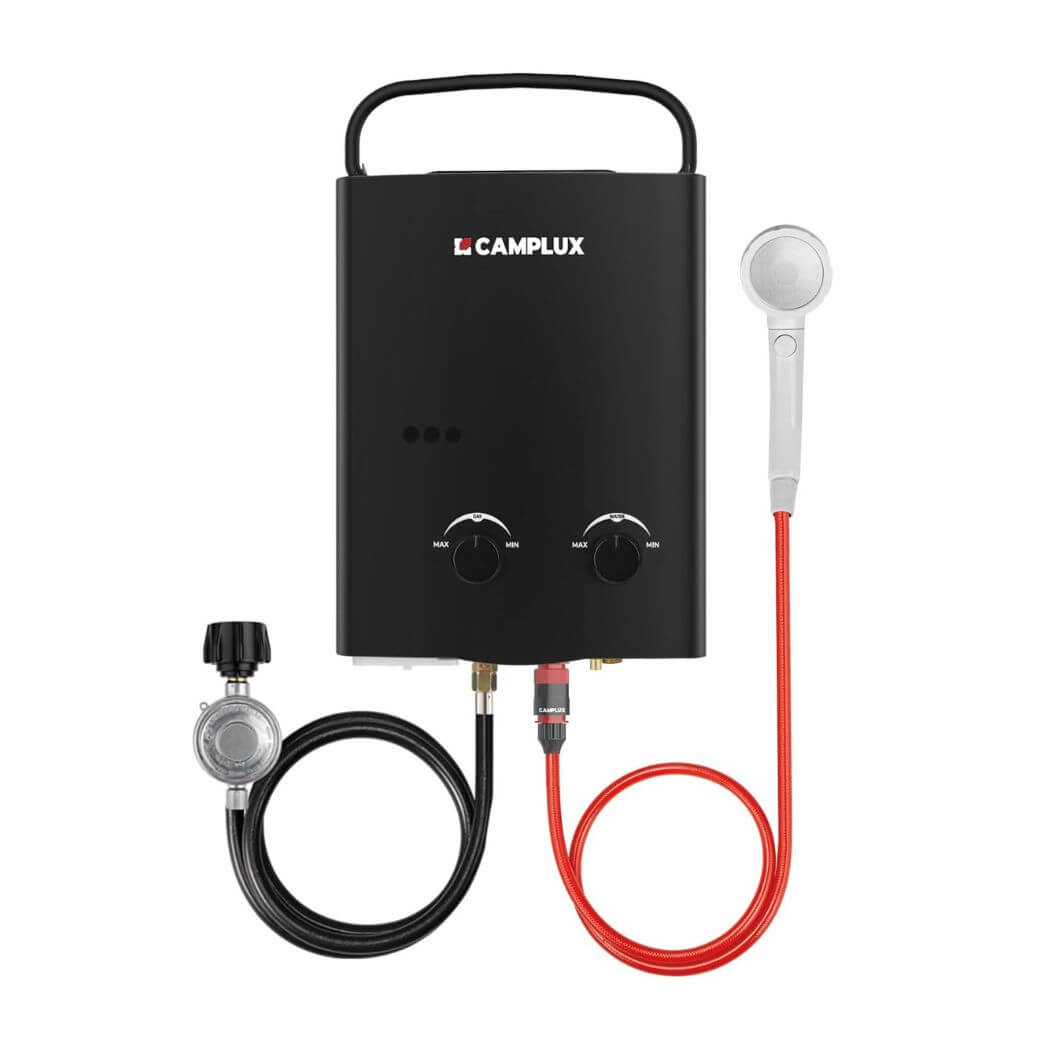
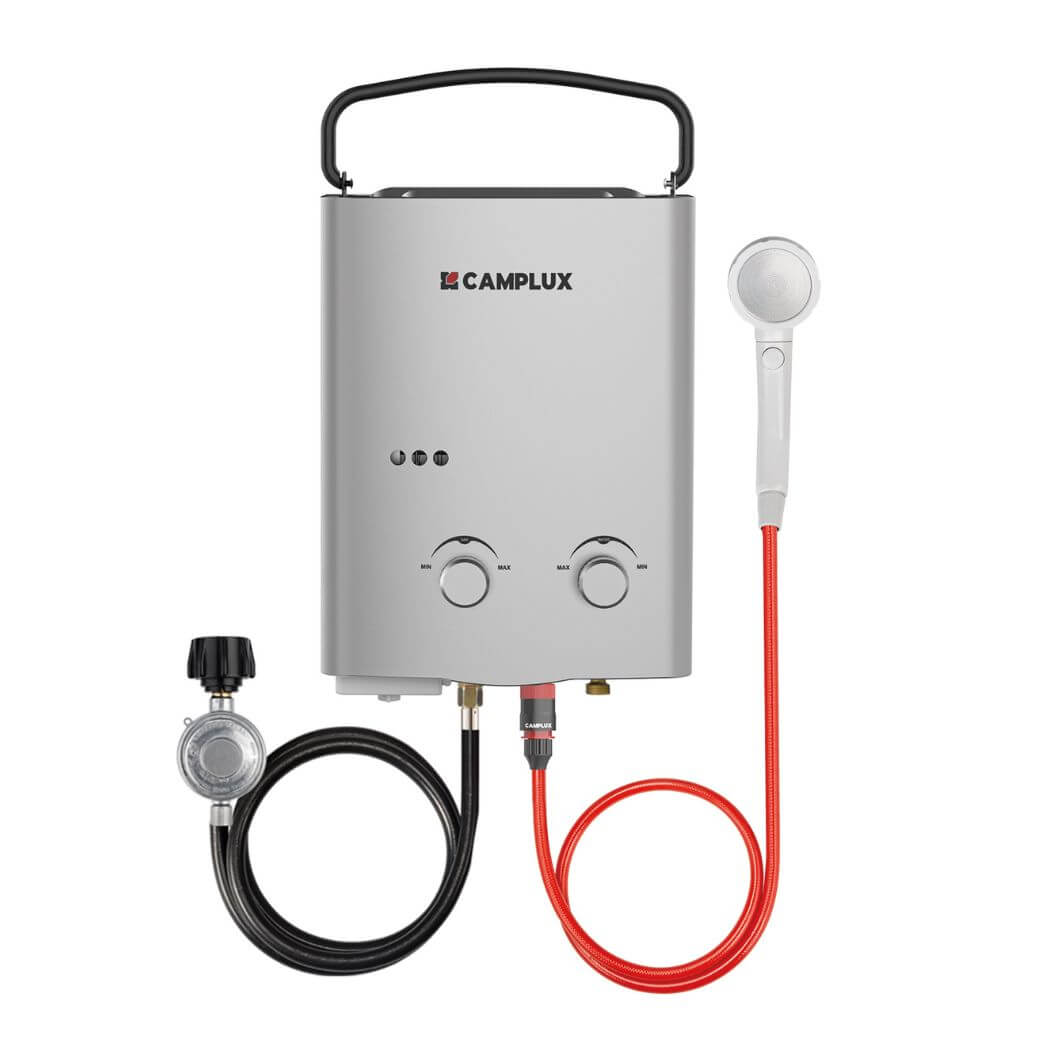
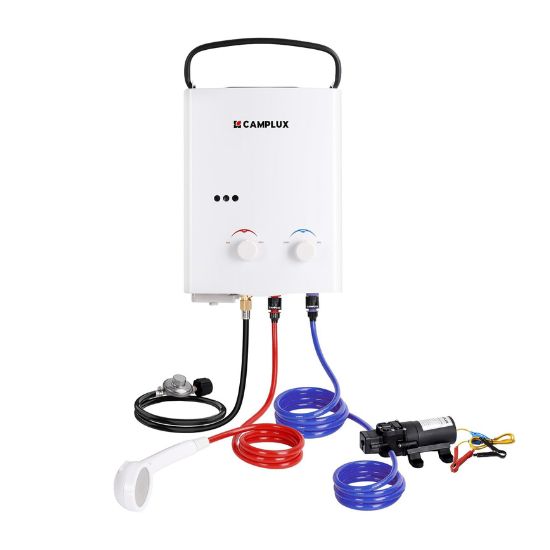
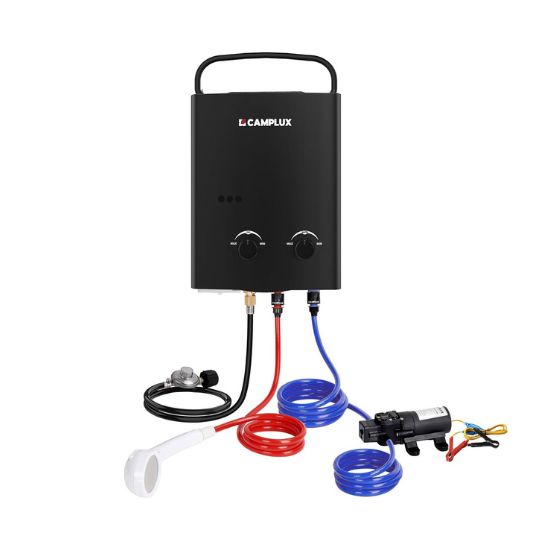
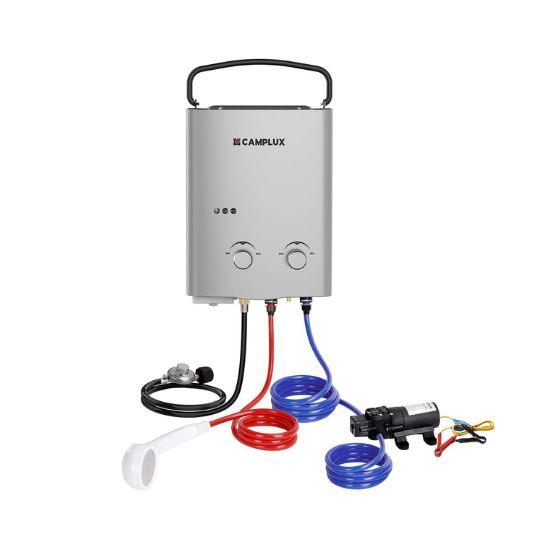
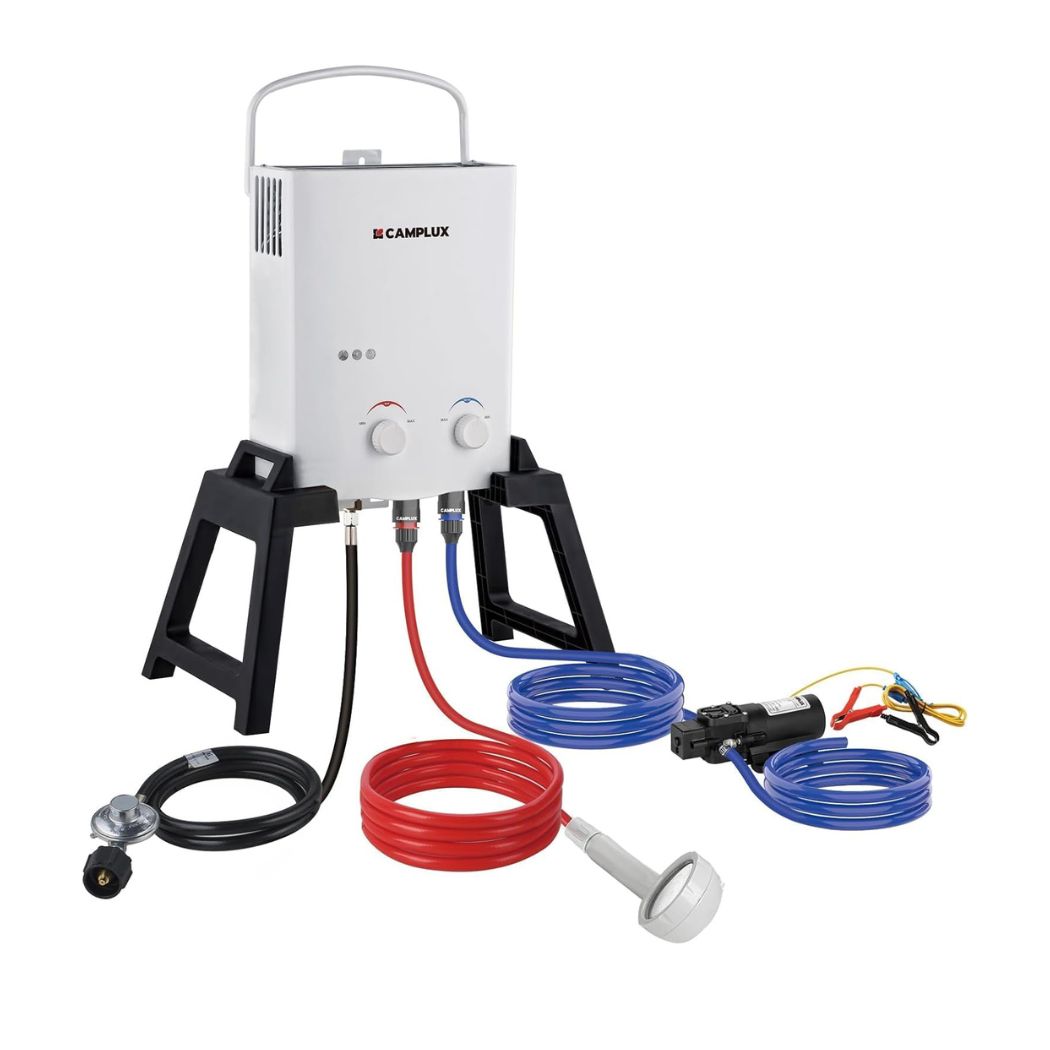
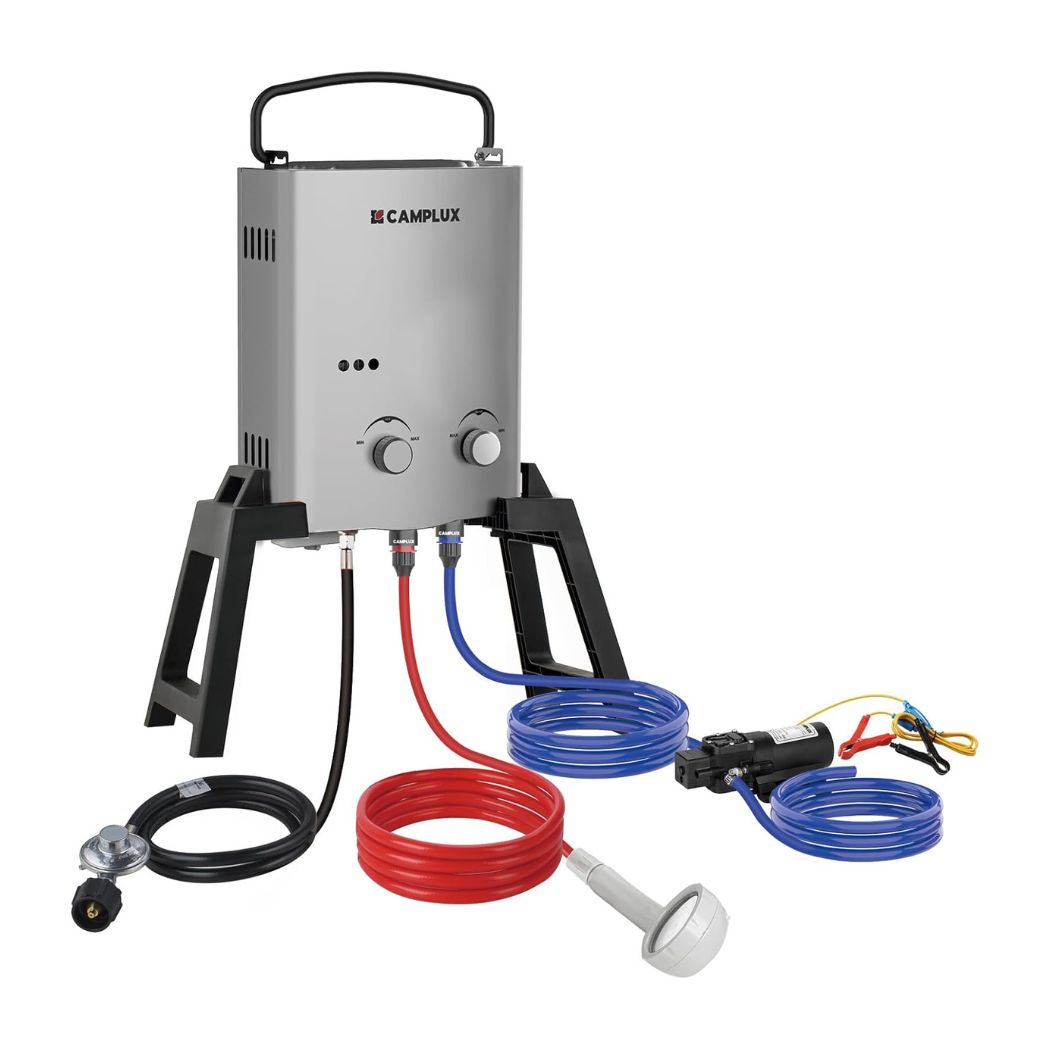
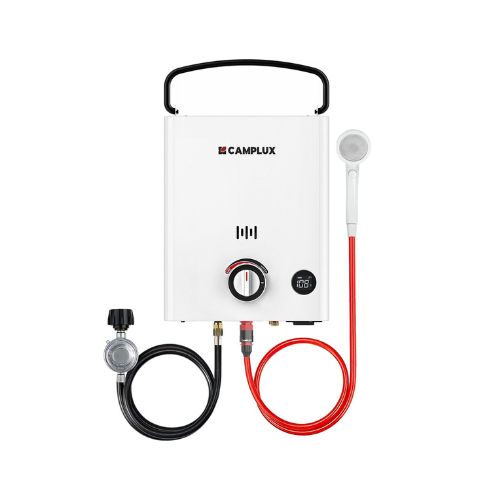
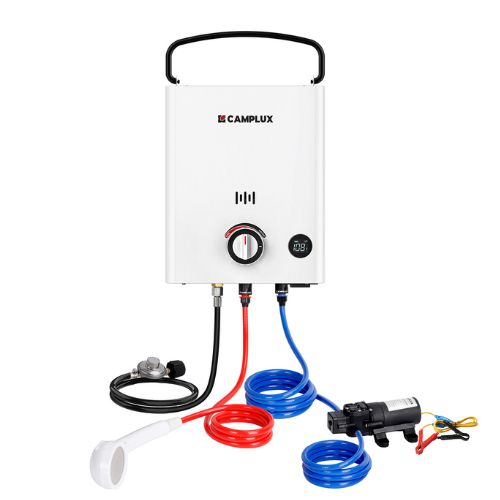
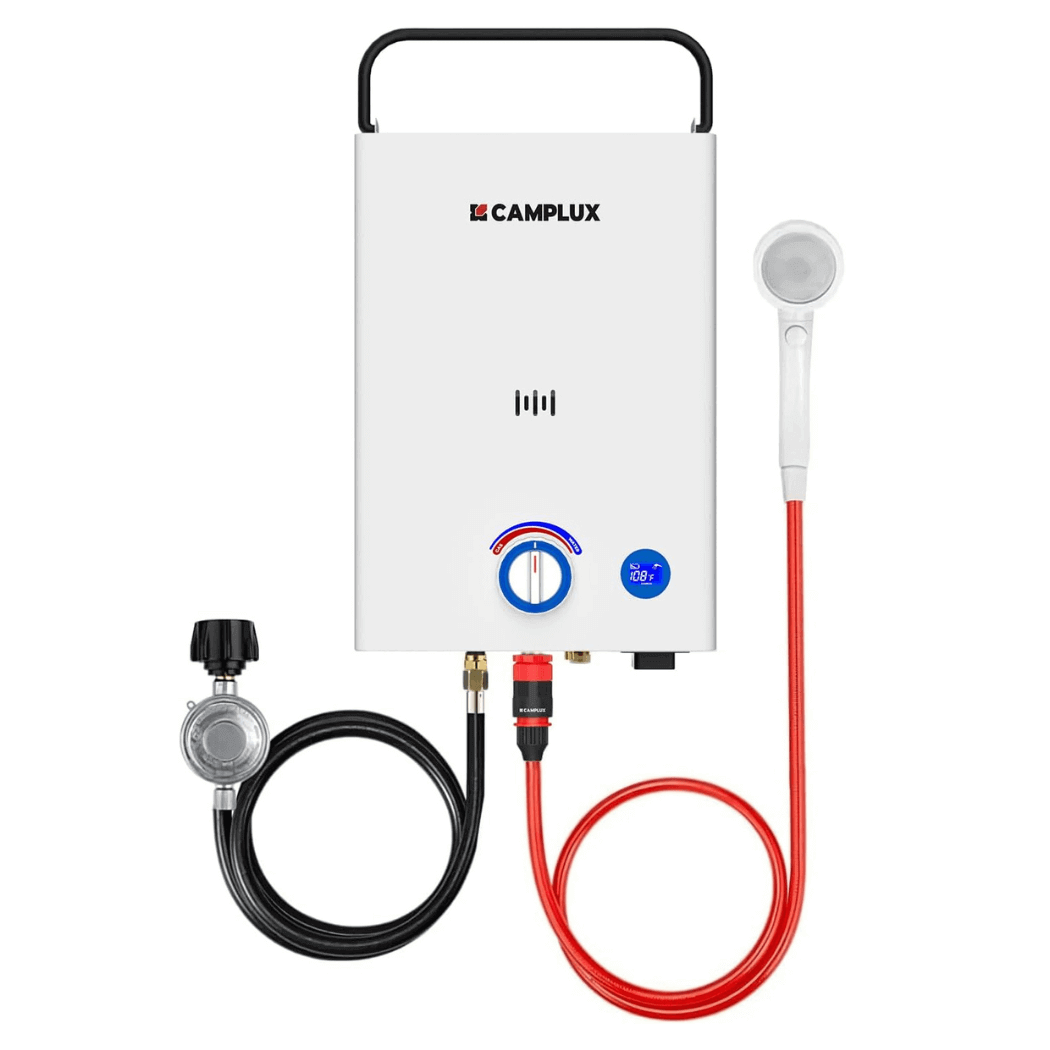
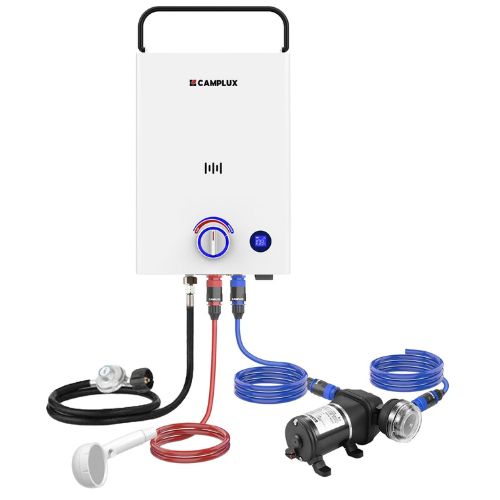
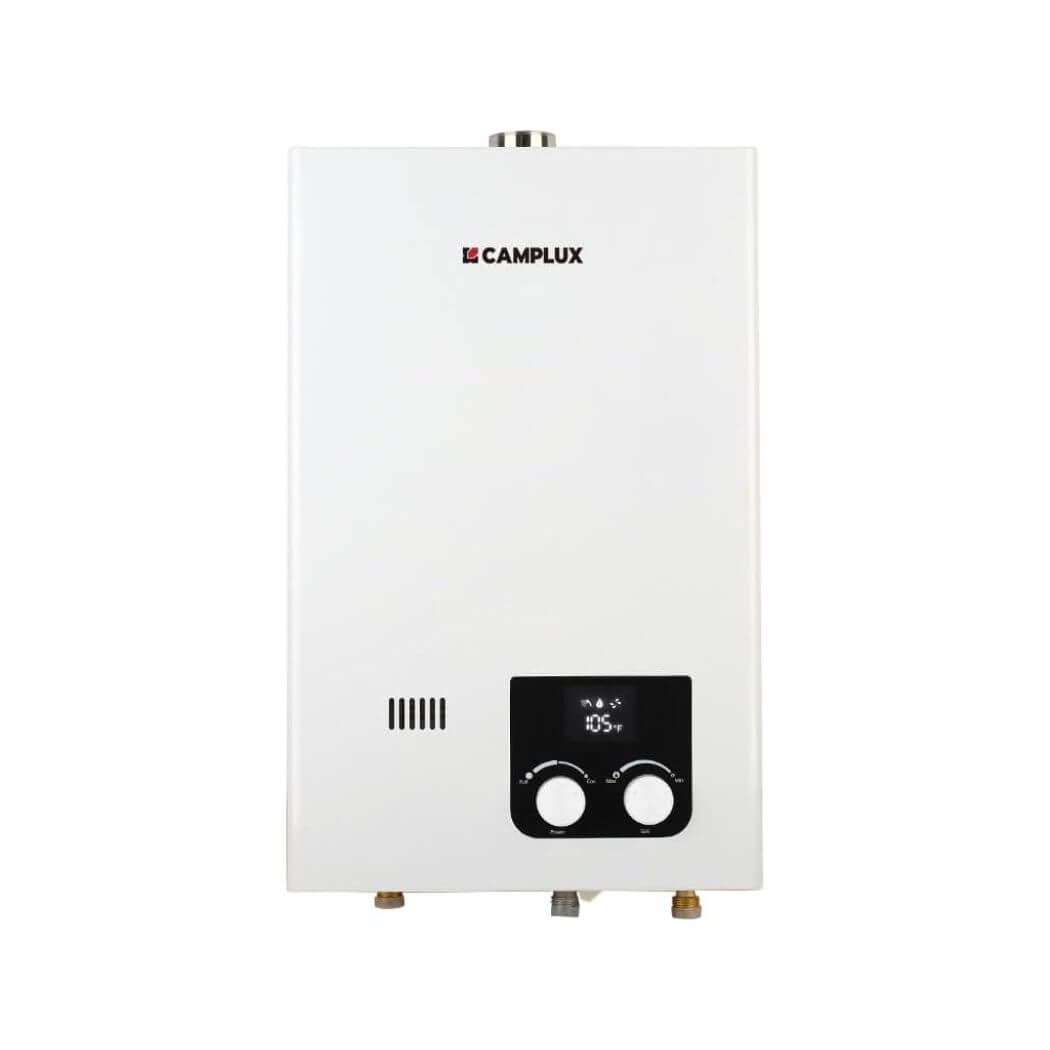
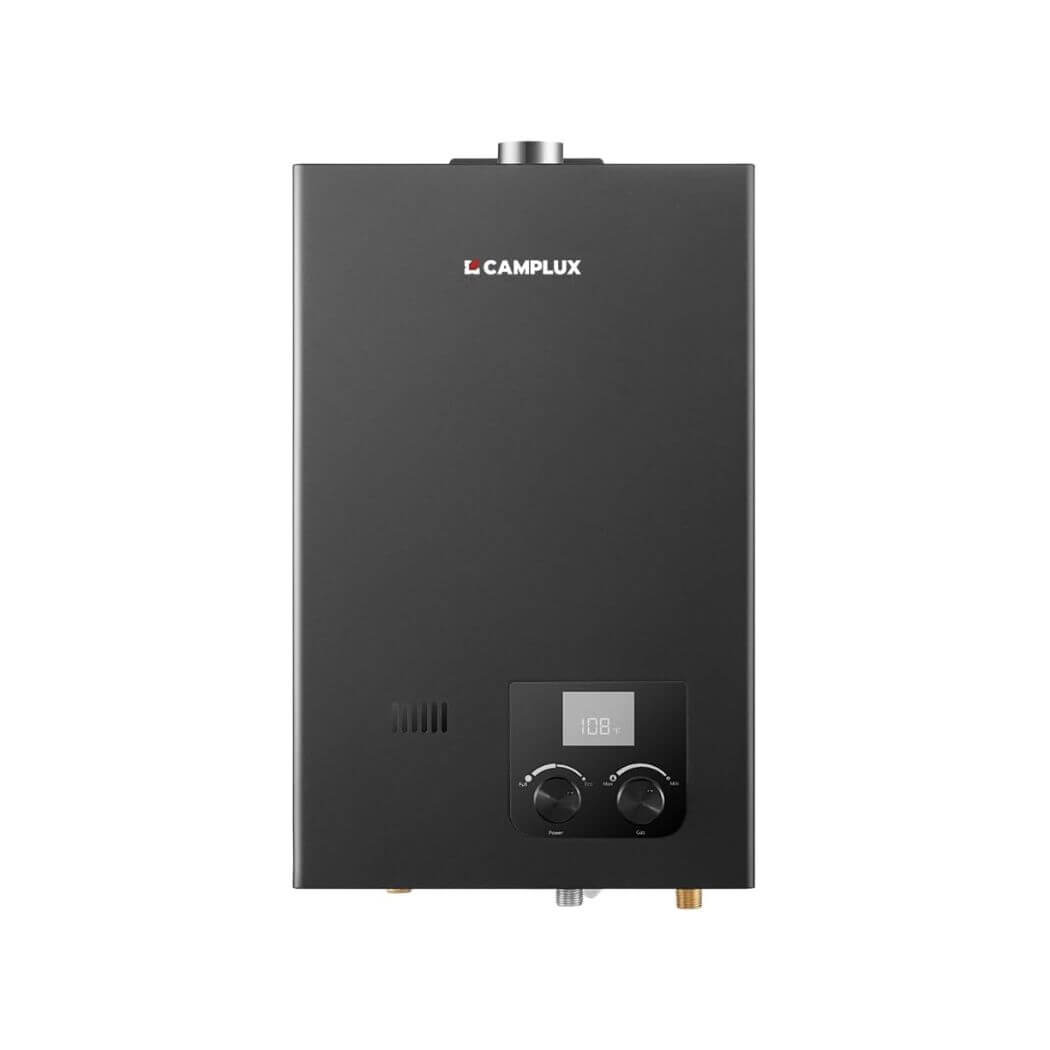
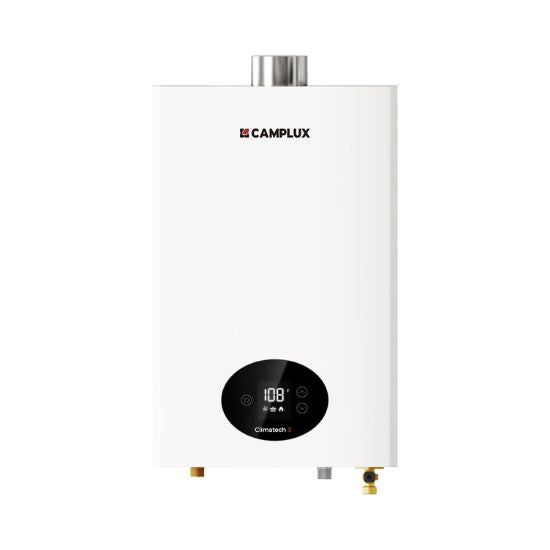
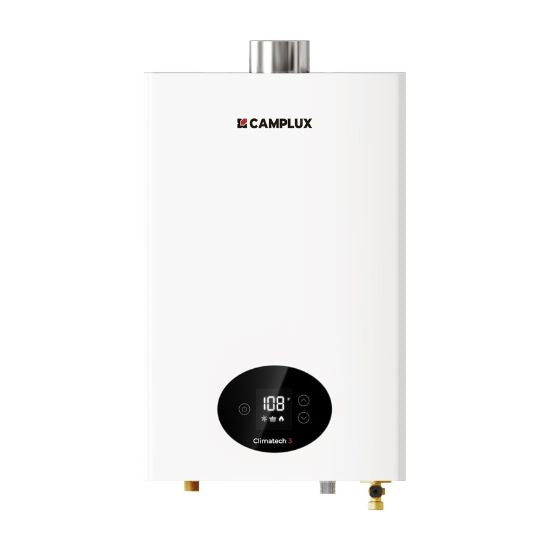
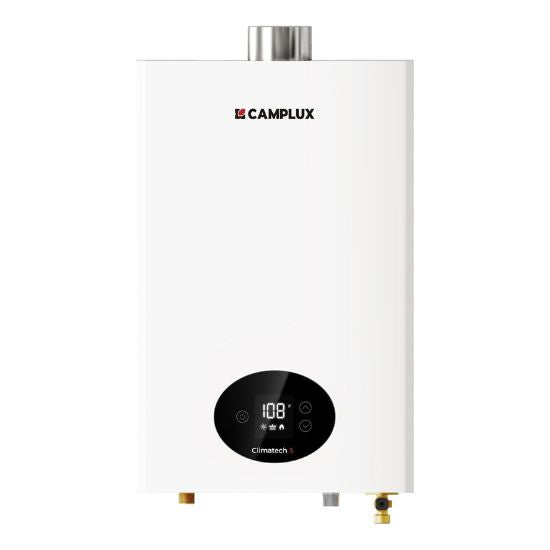
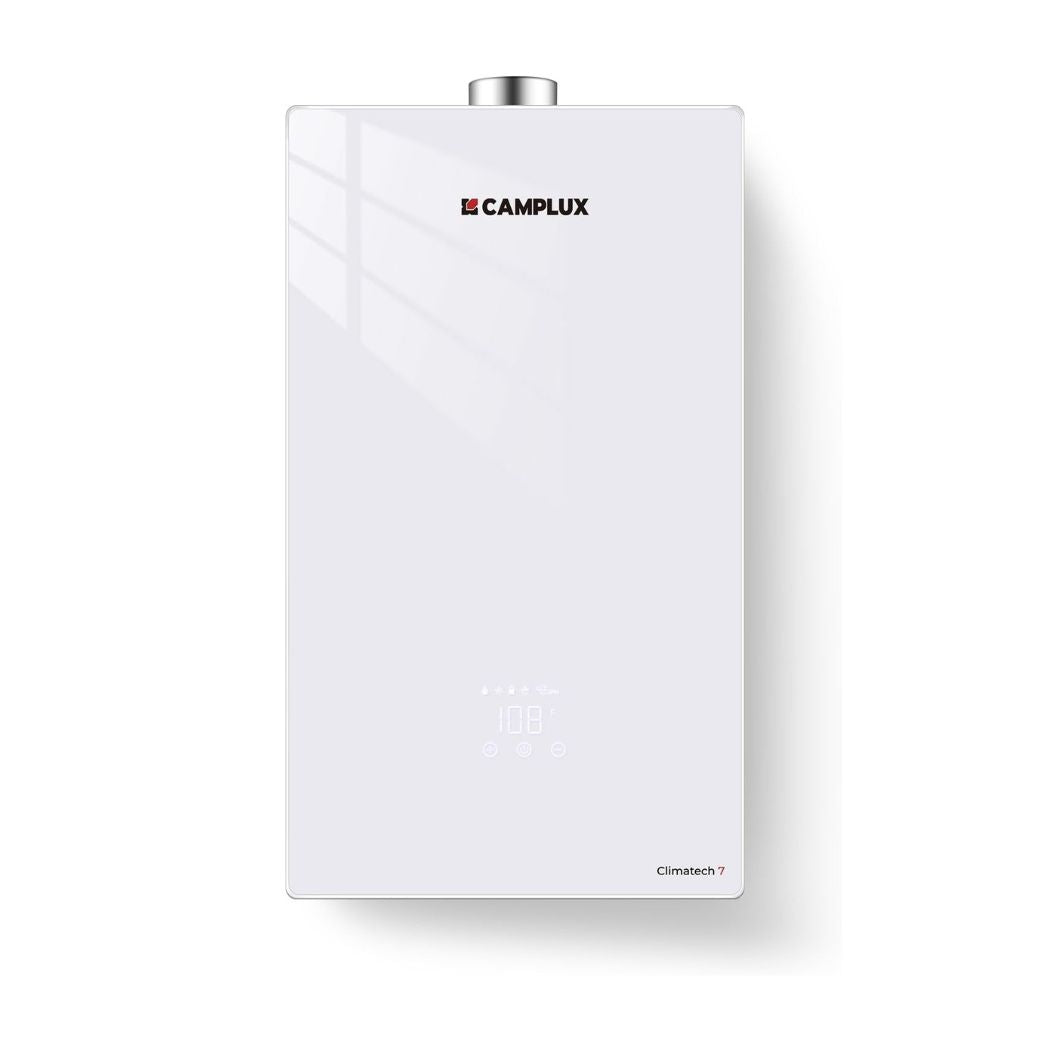
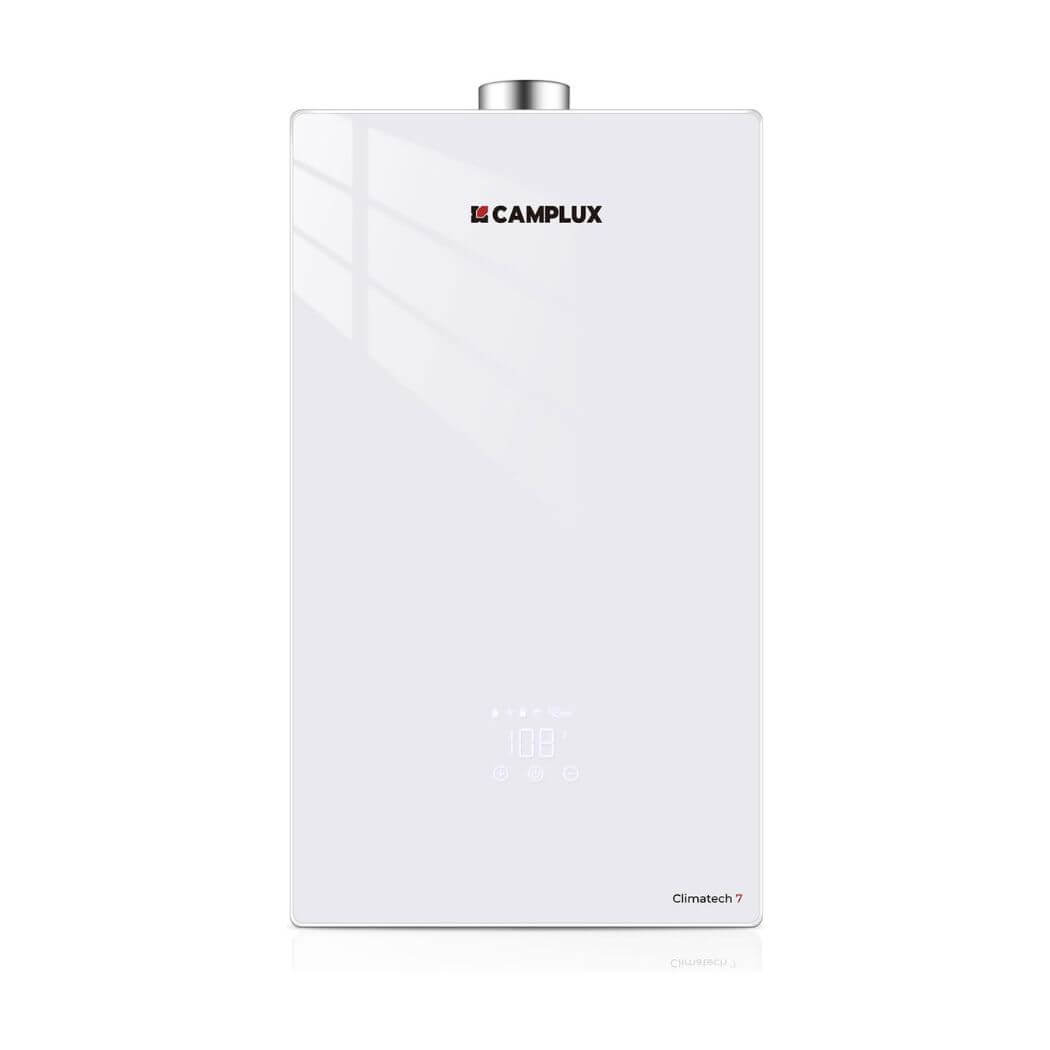
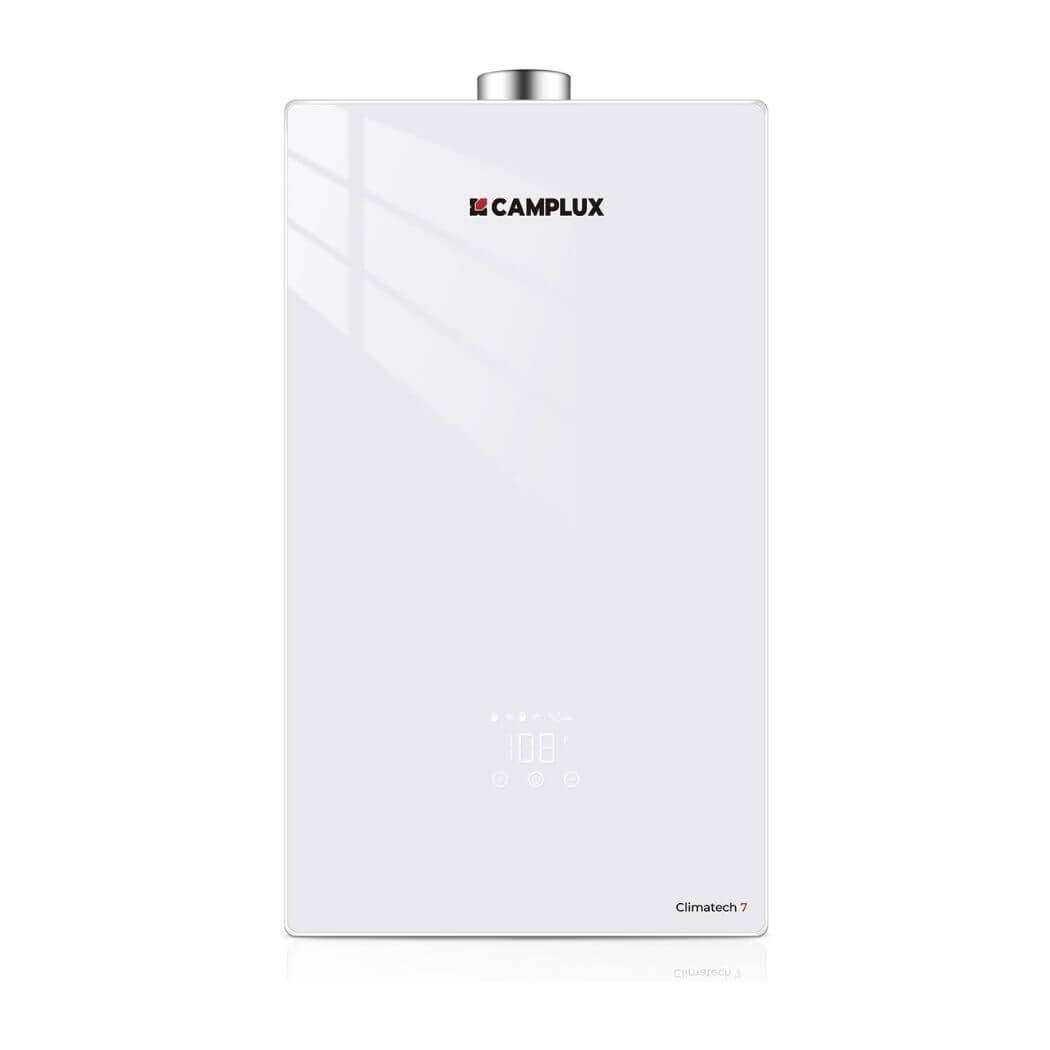
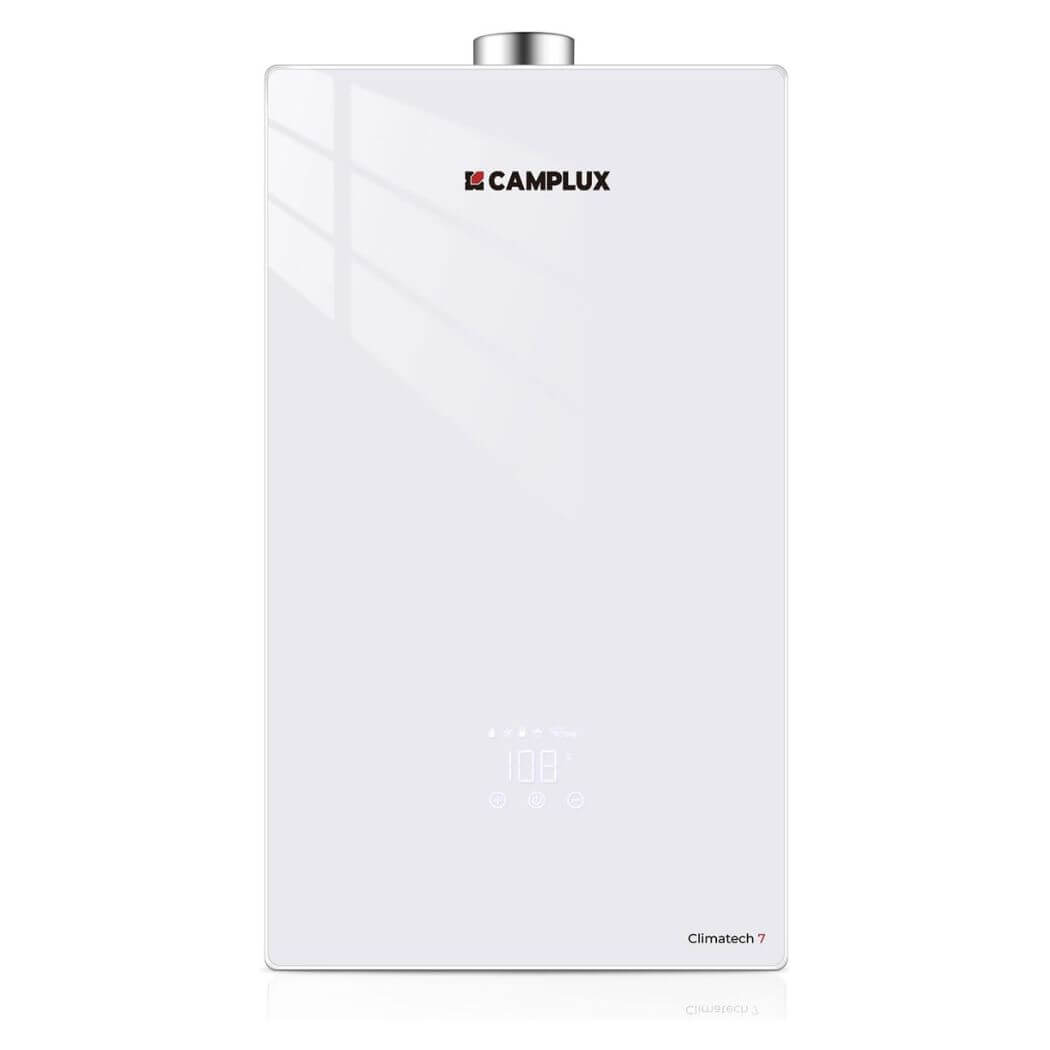
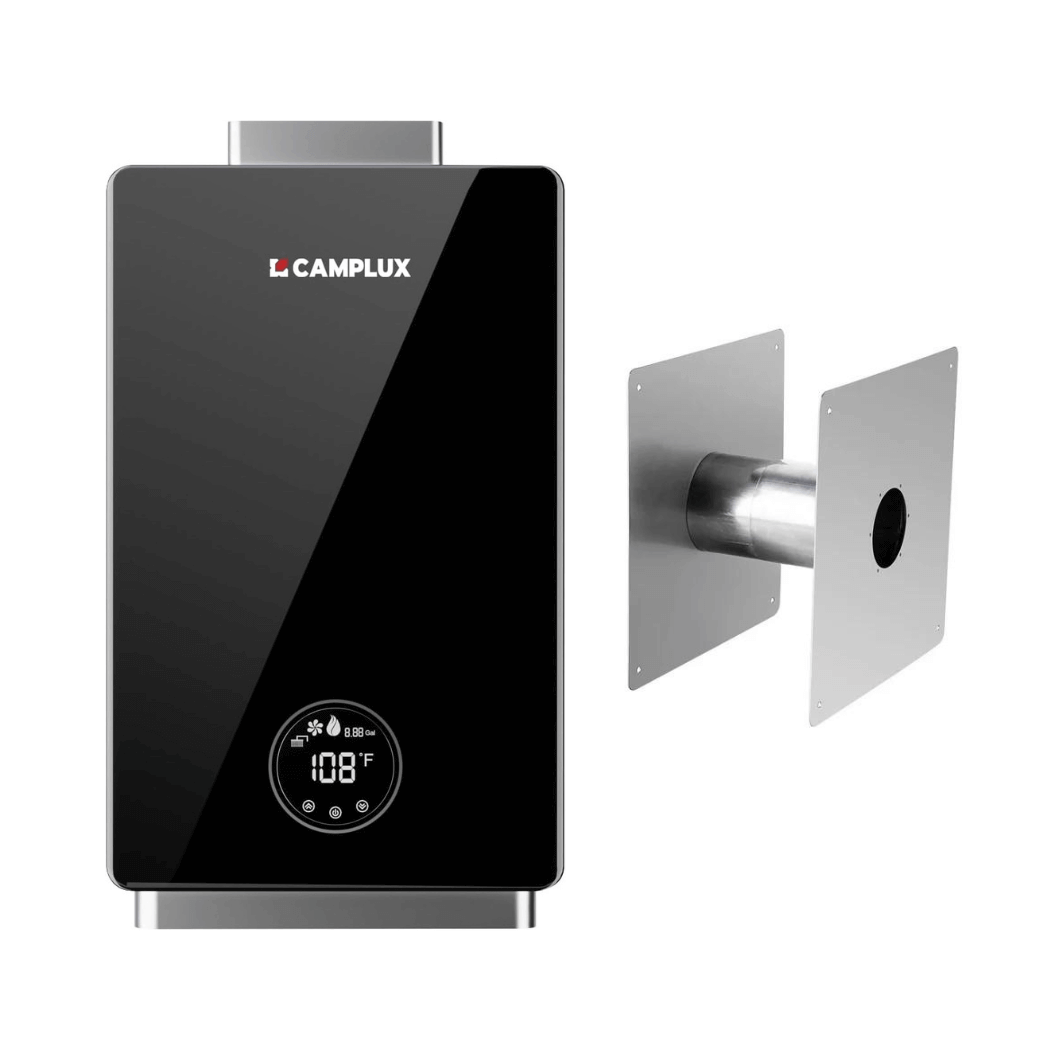
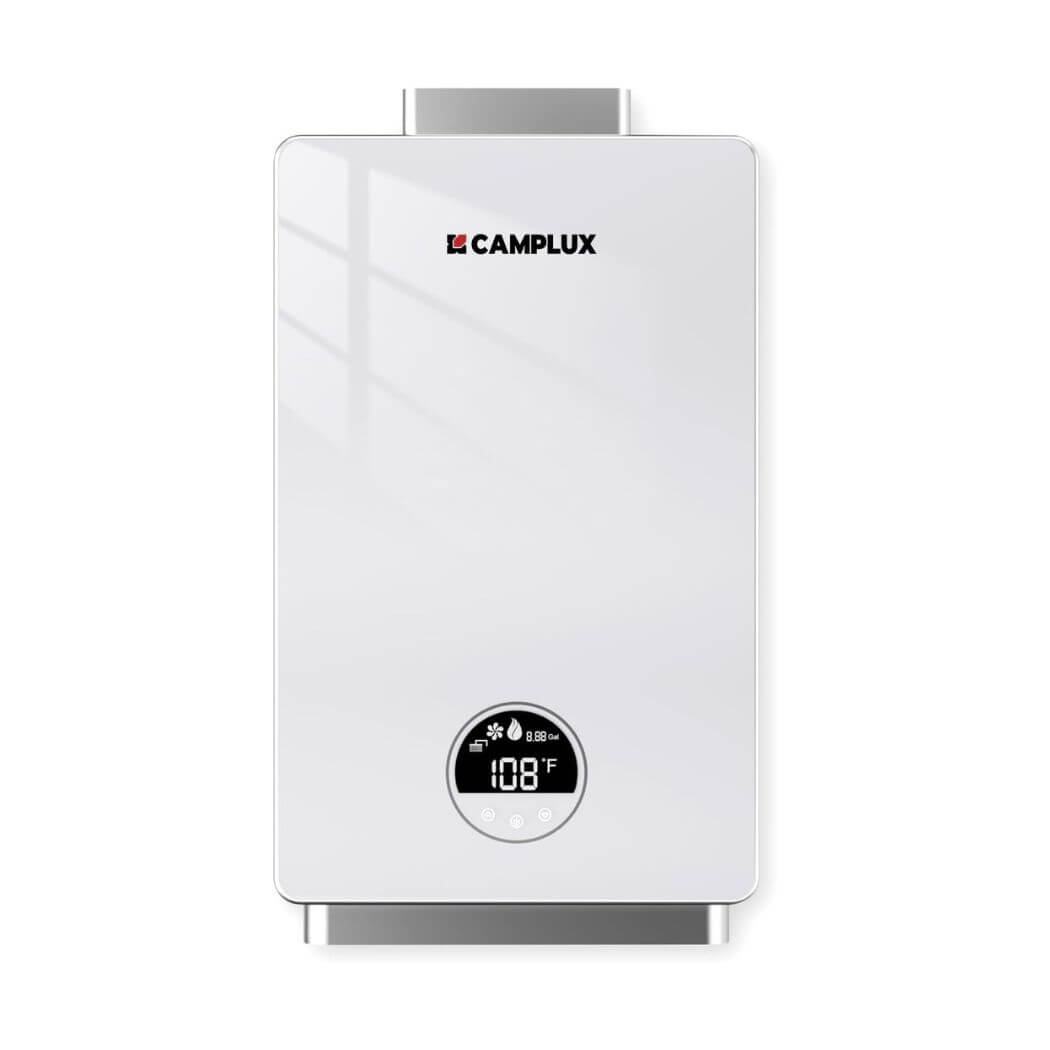
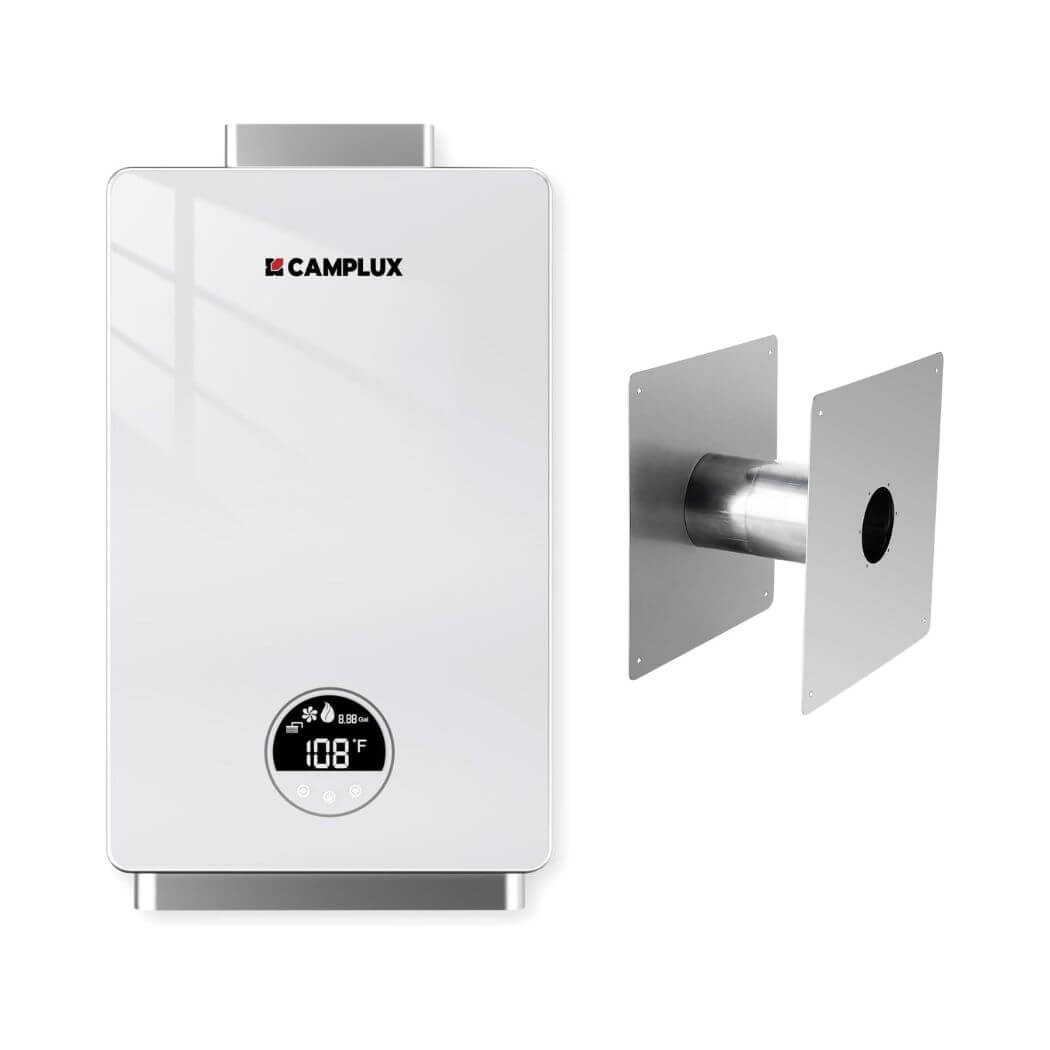
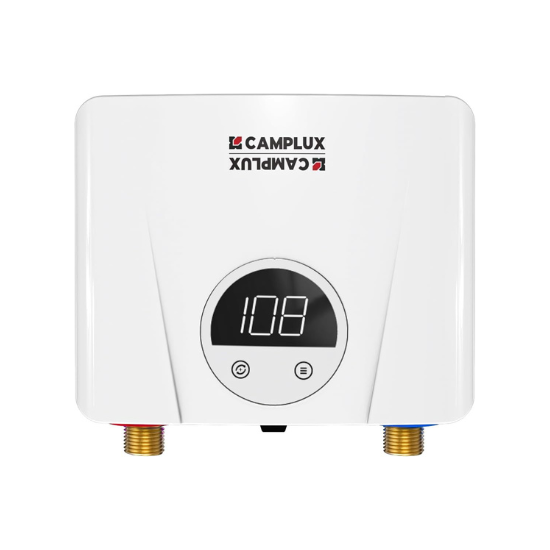
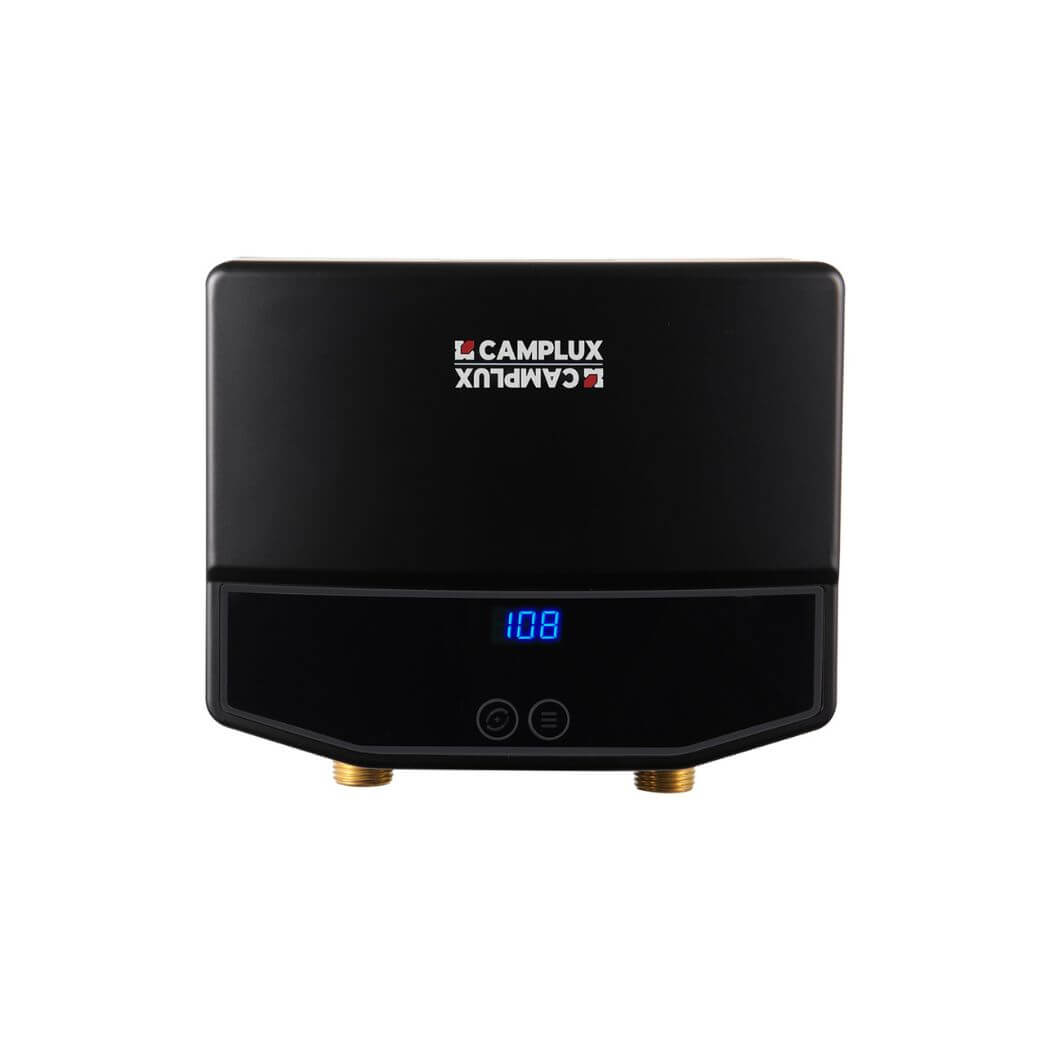
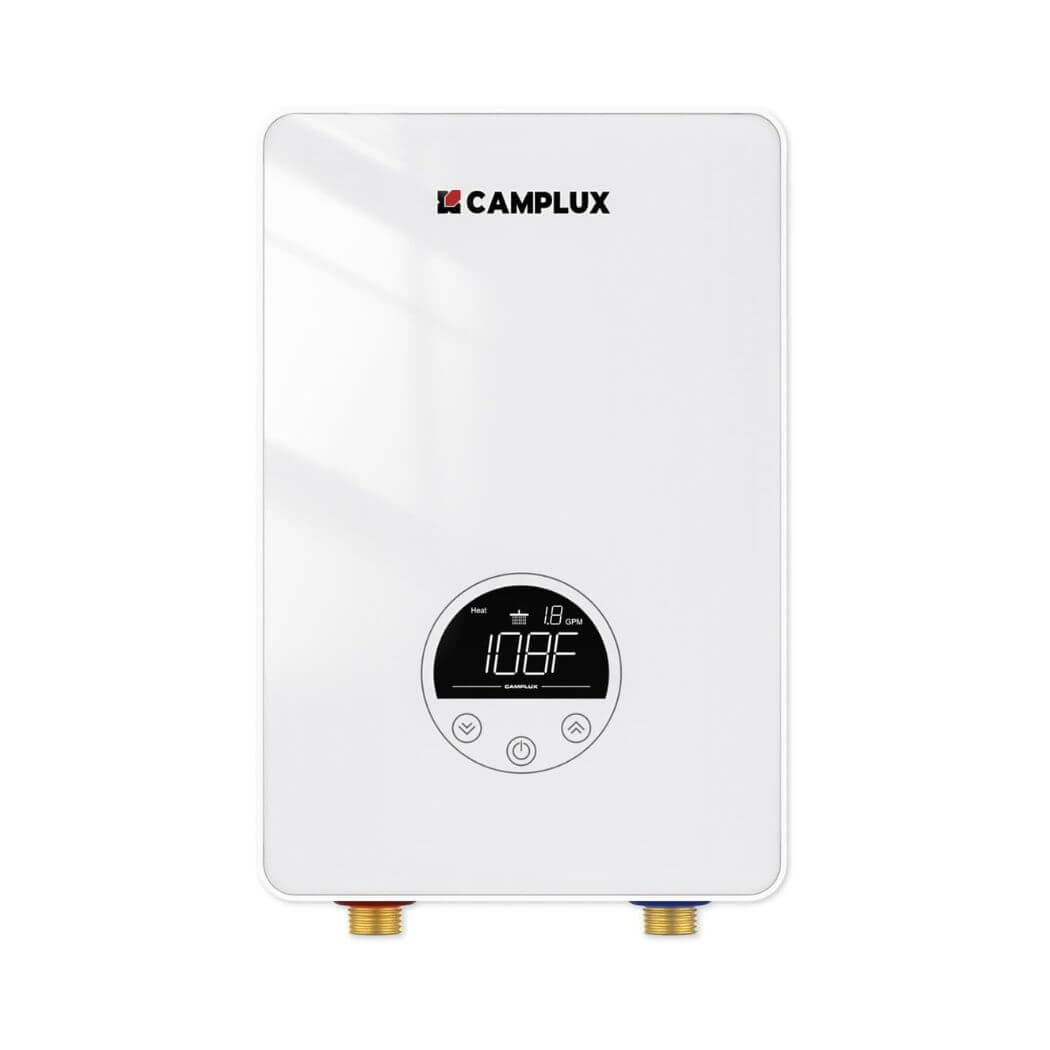
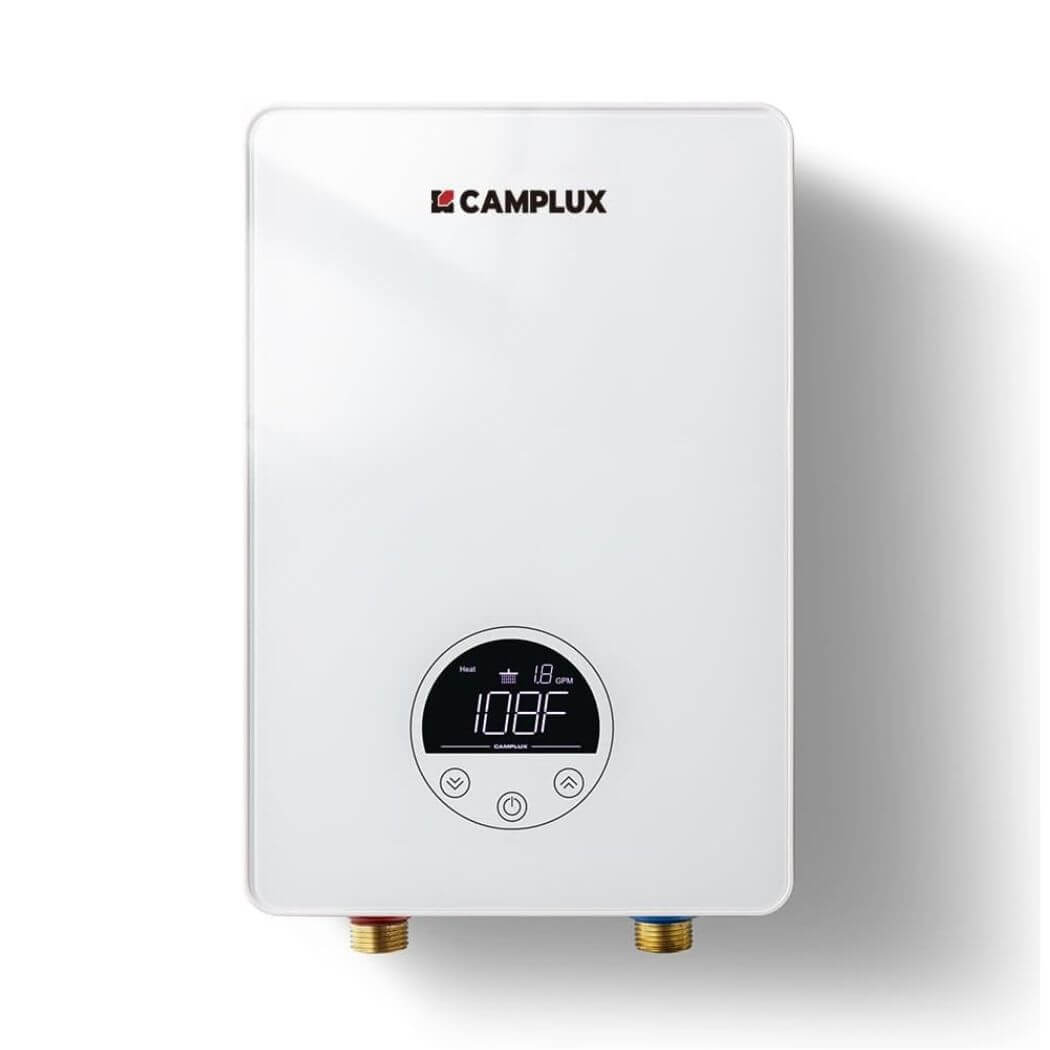
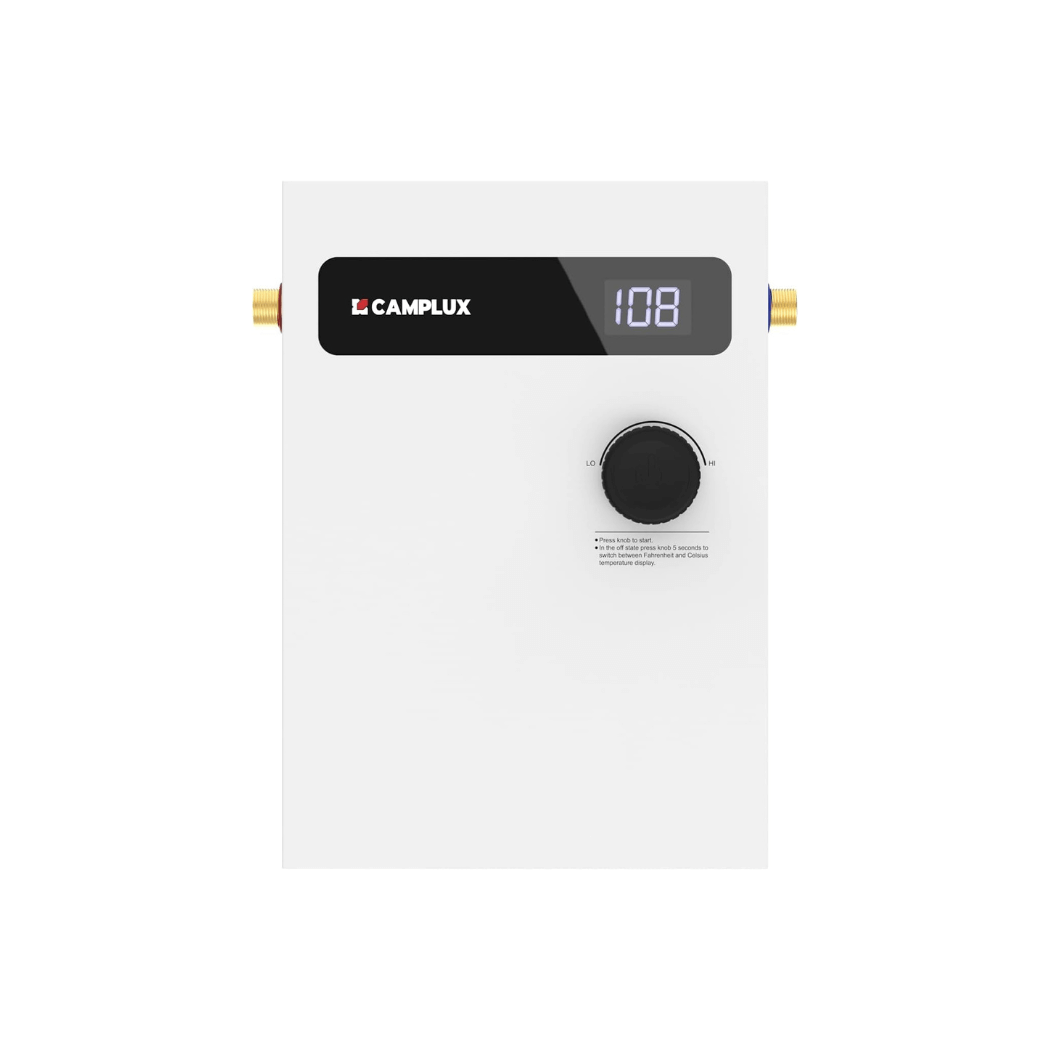
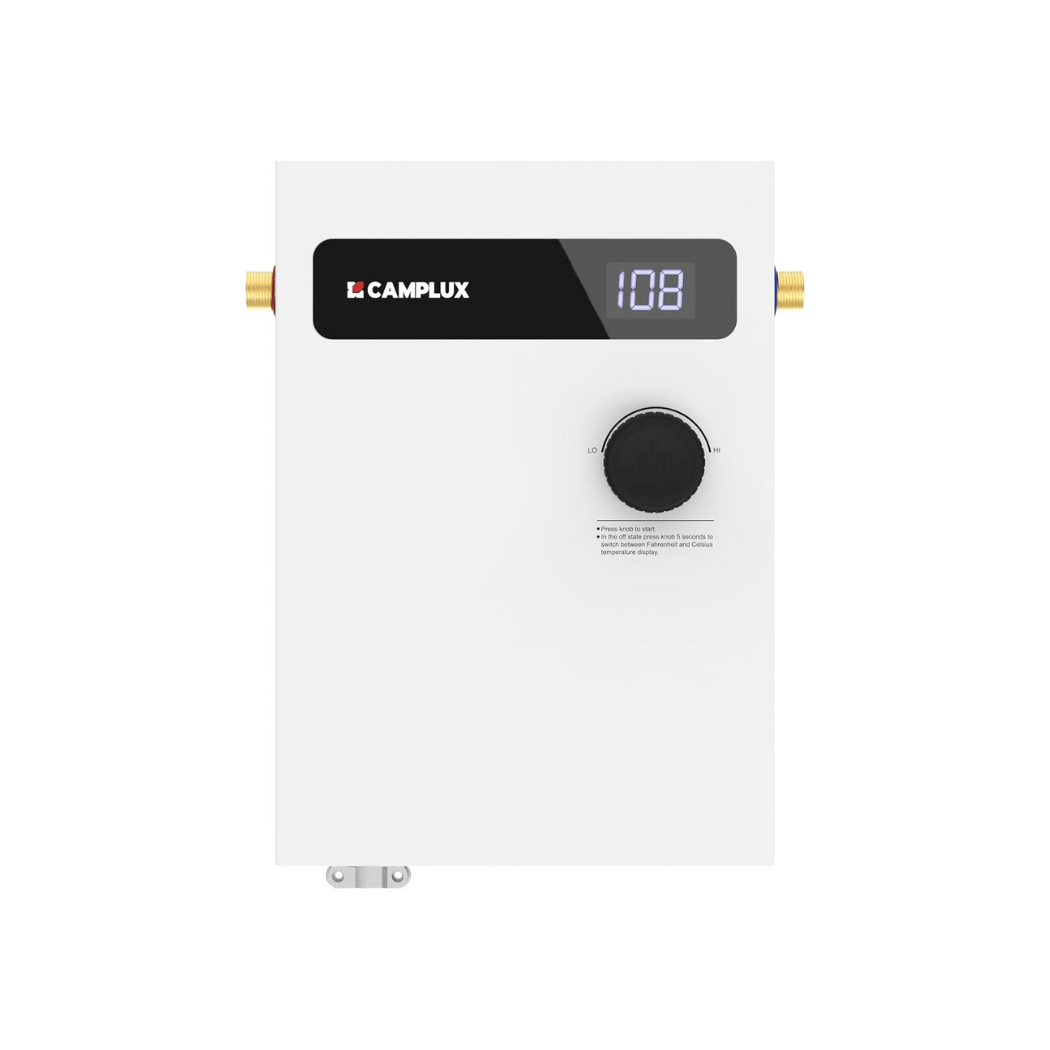
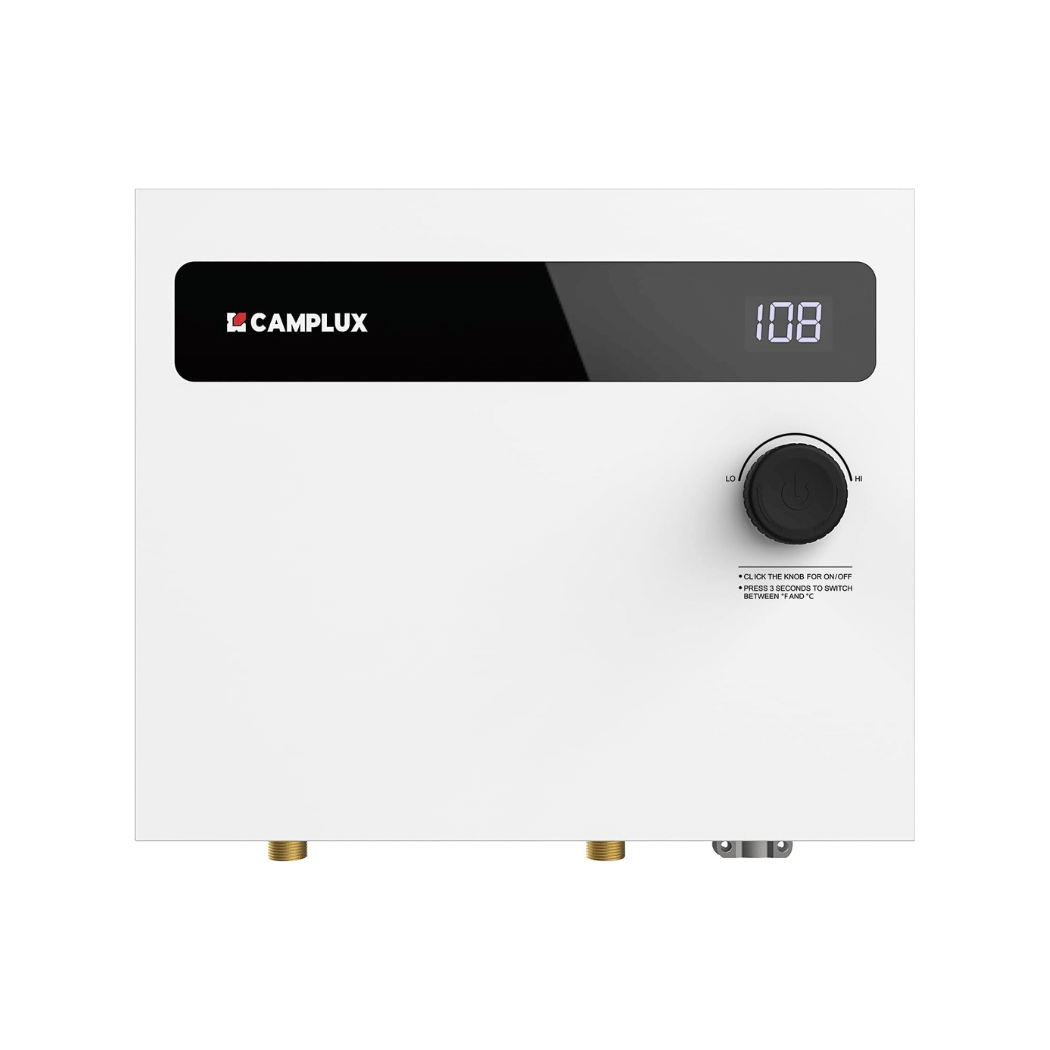
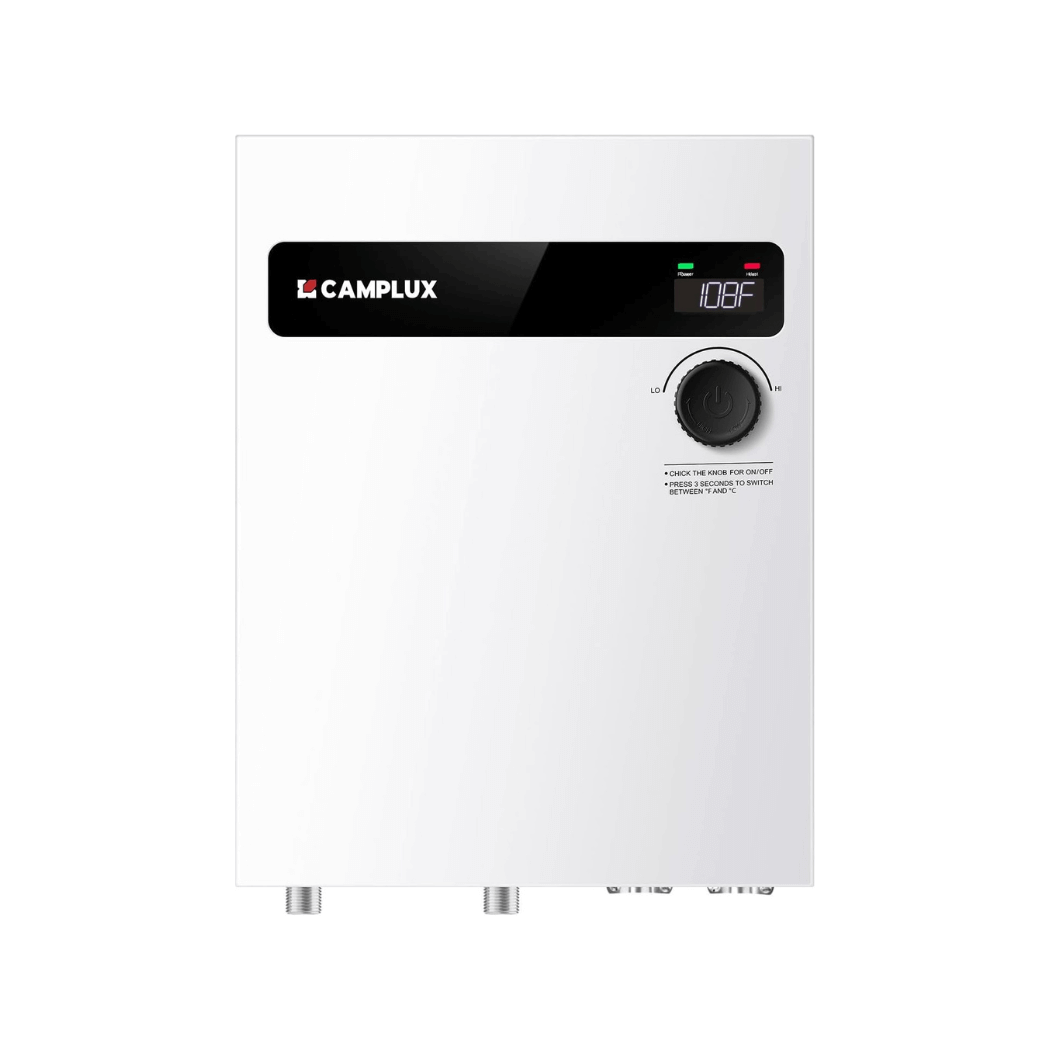
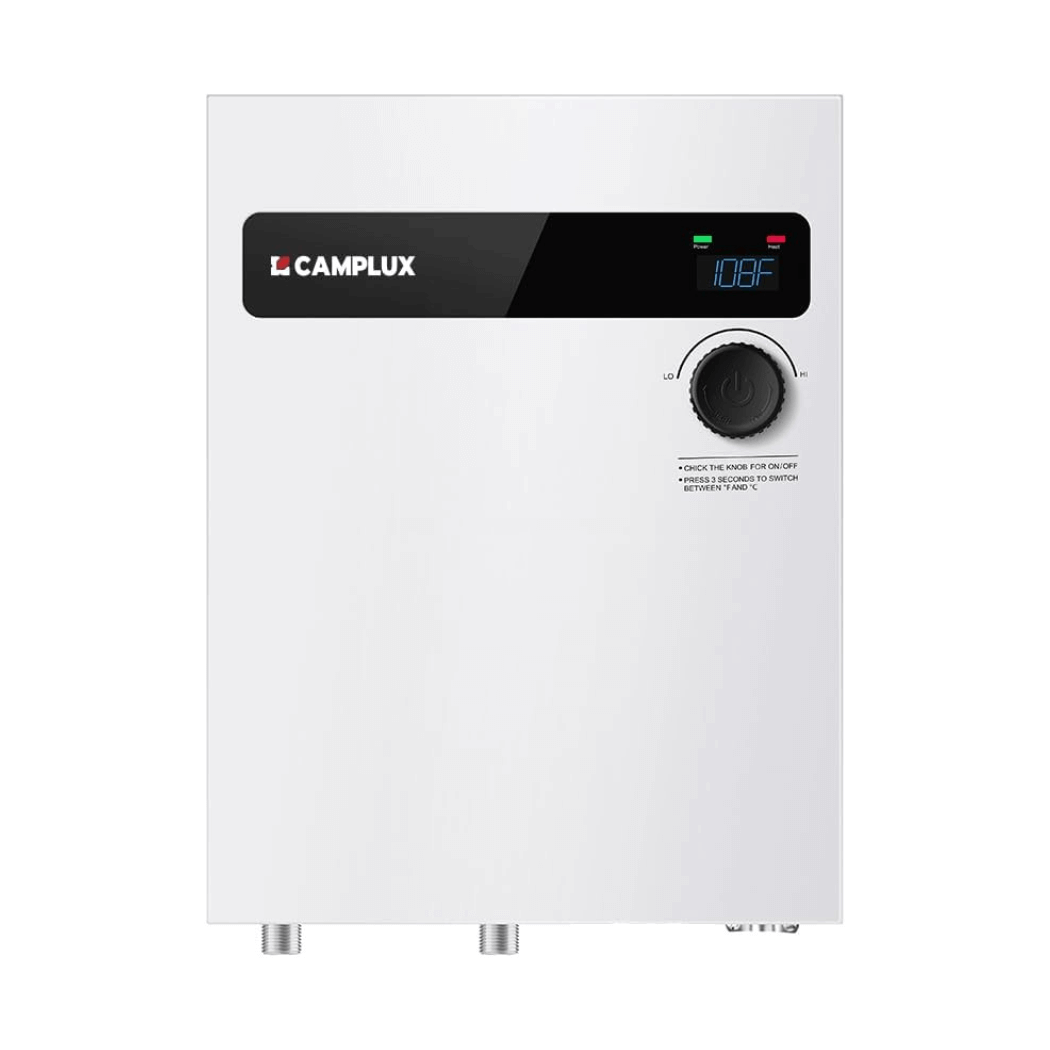
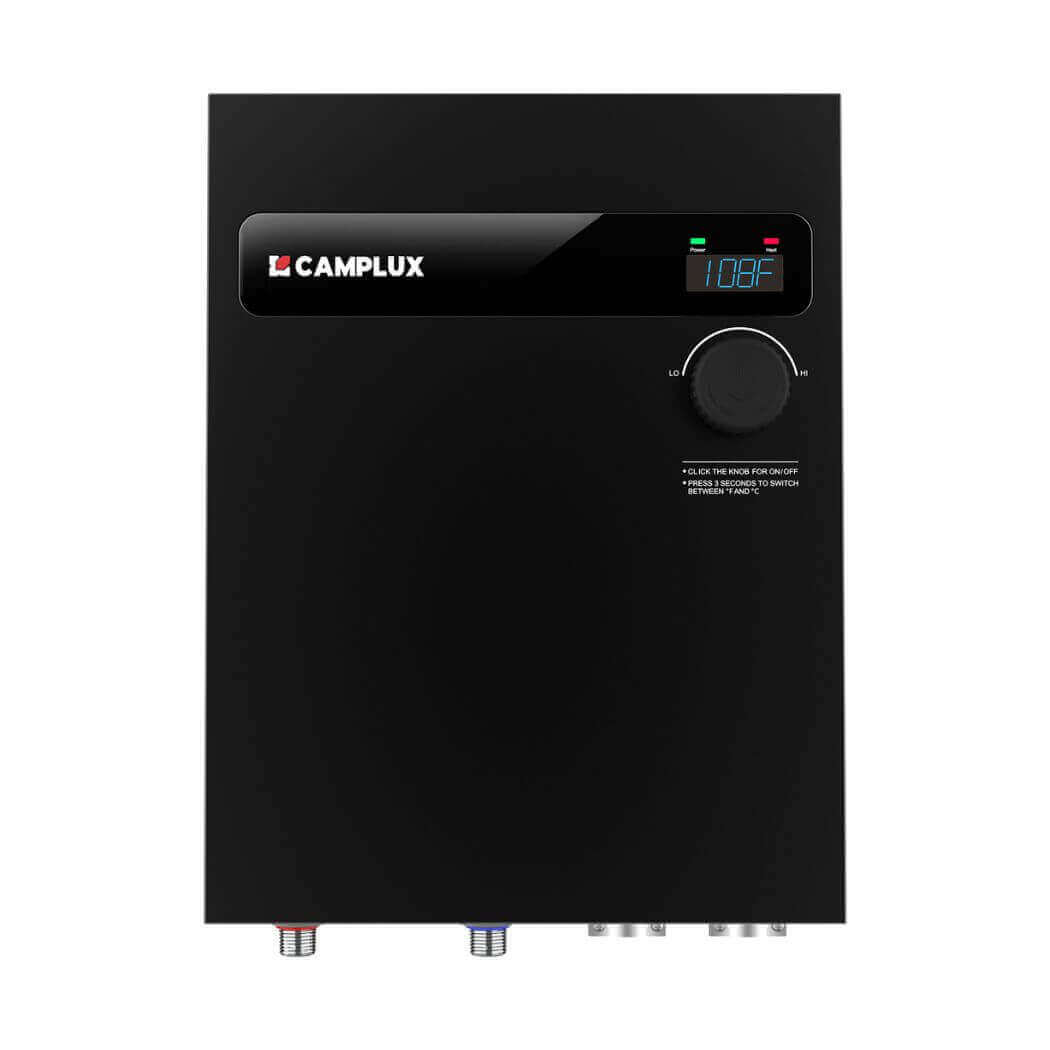
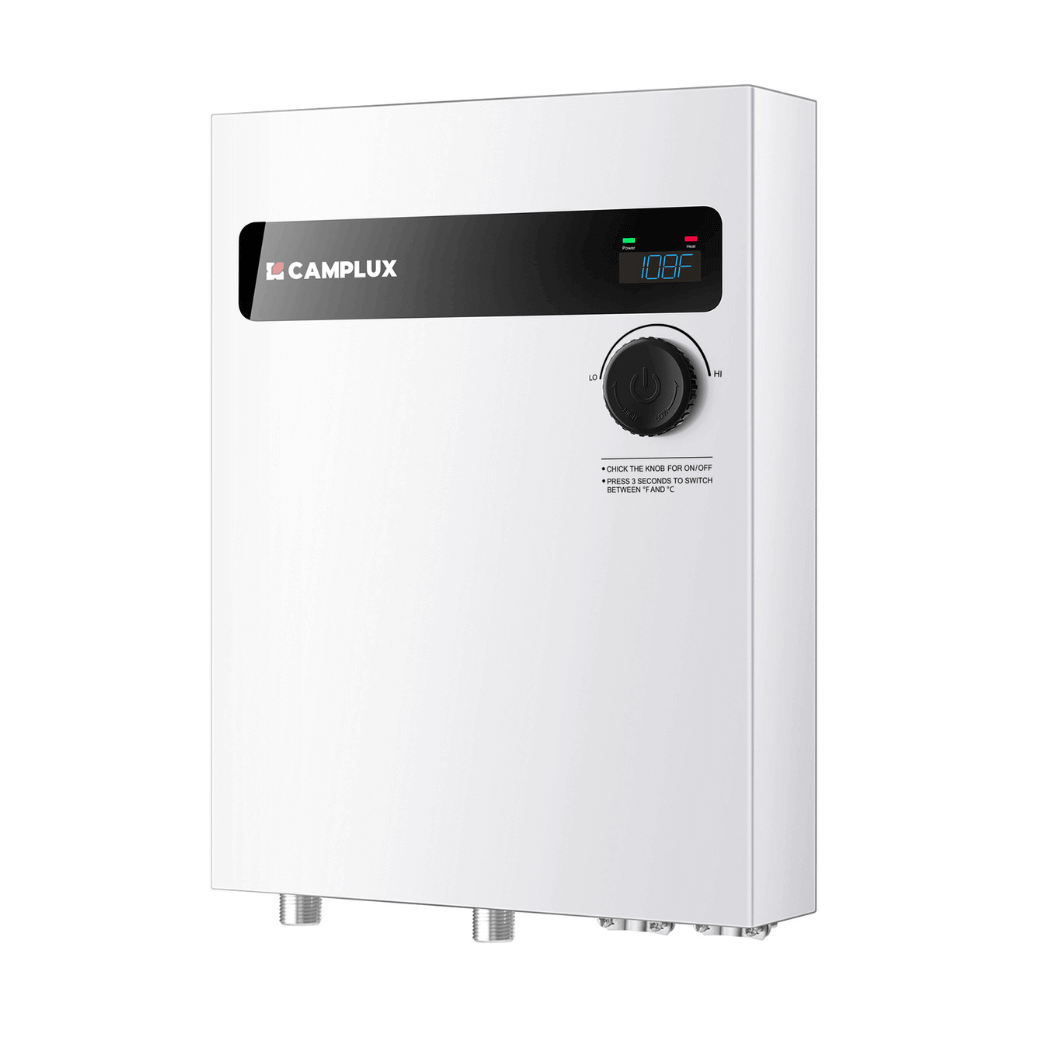
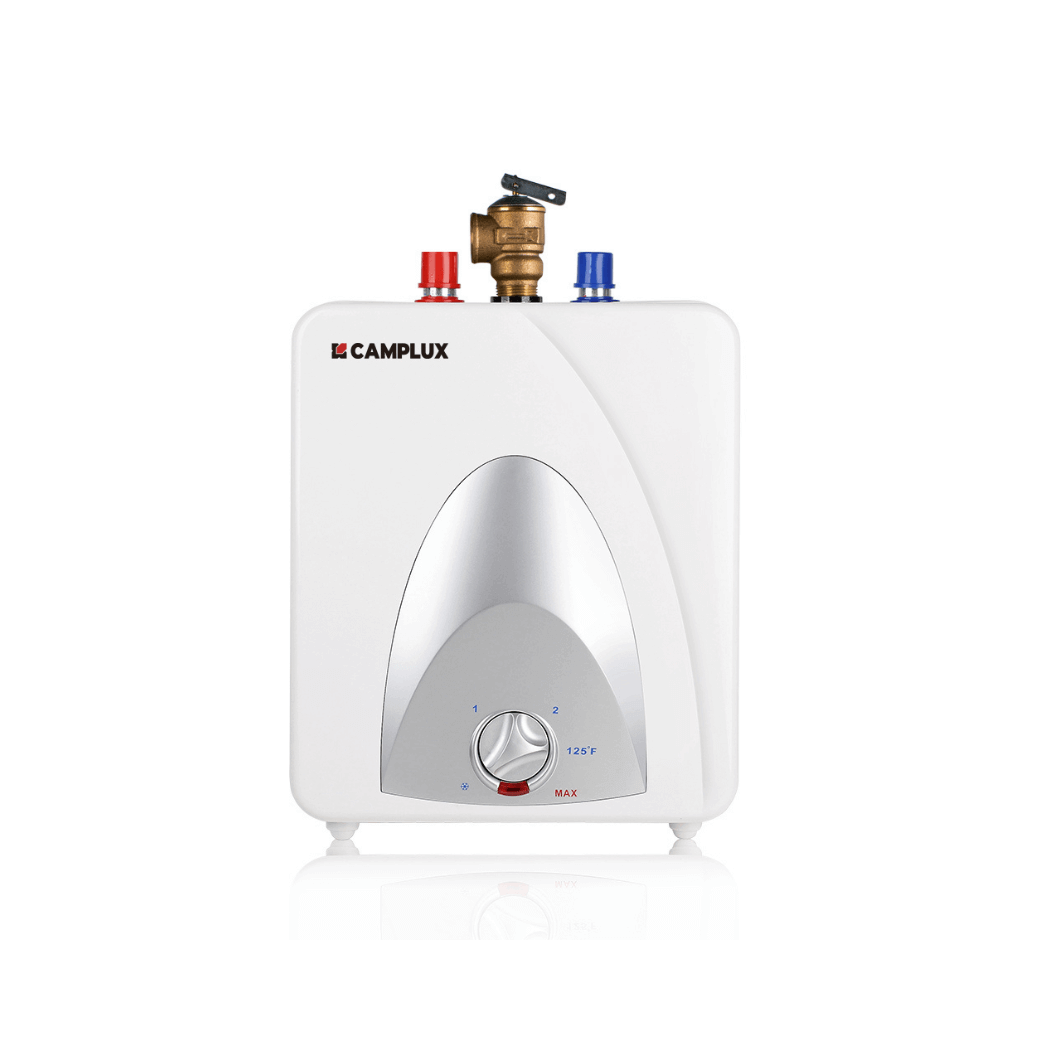
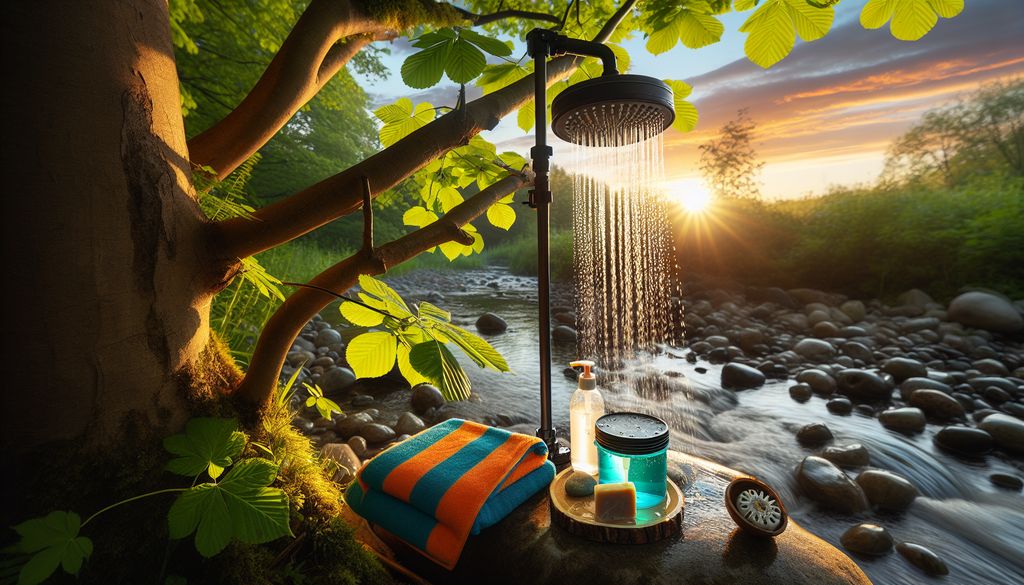
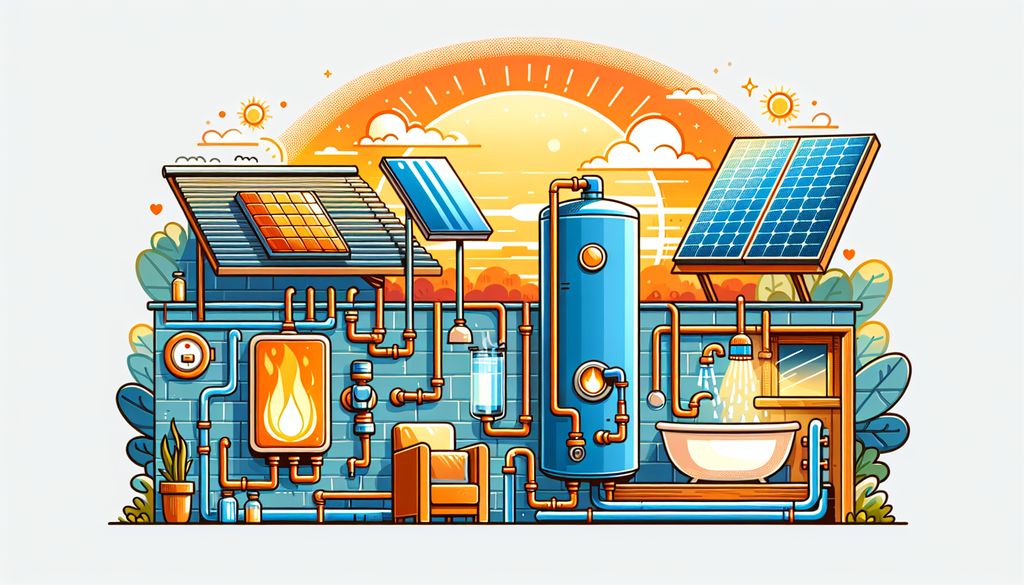
2 comments
Gabriel
To Wanda’s point, I’d prefer to power my hot water source from 120V battery-powered generator and will also use panels to power/charge it. Having a difficult time finding much on this topic. Perhaps it’s time to study and put out an article once I’m up and running. ;-)
To Wanda’s point, I’d prefer to power my hot water source from 120V battery-powered generator and will also use panels to power/charge it. Having a difficult time finding much on this topic. Perhaps it’s time to study and put out an article once I’m up and running. ;-)
Wanda Jane Trusett
Is there Solar Generator Solar Panels Water Heater????
Is there Solar Generator Solar Panels Water Heater????